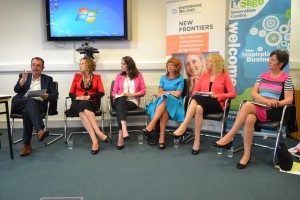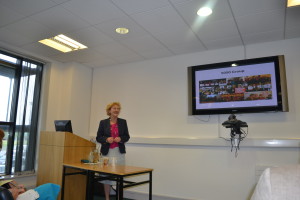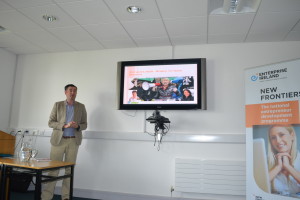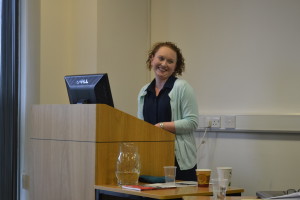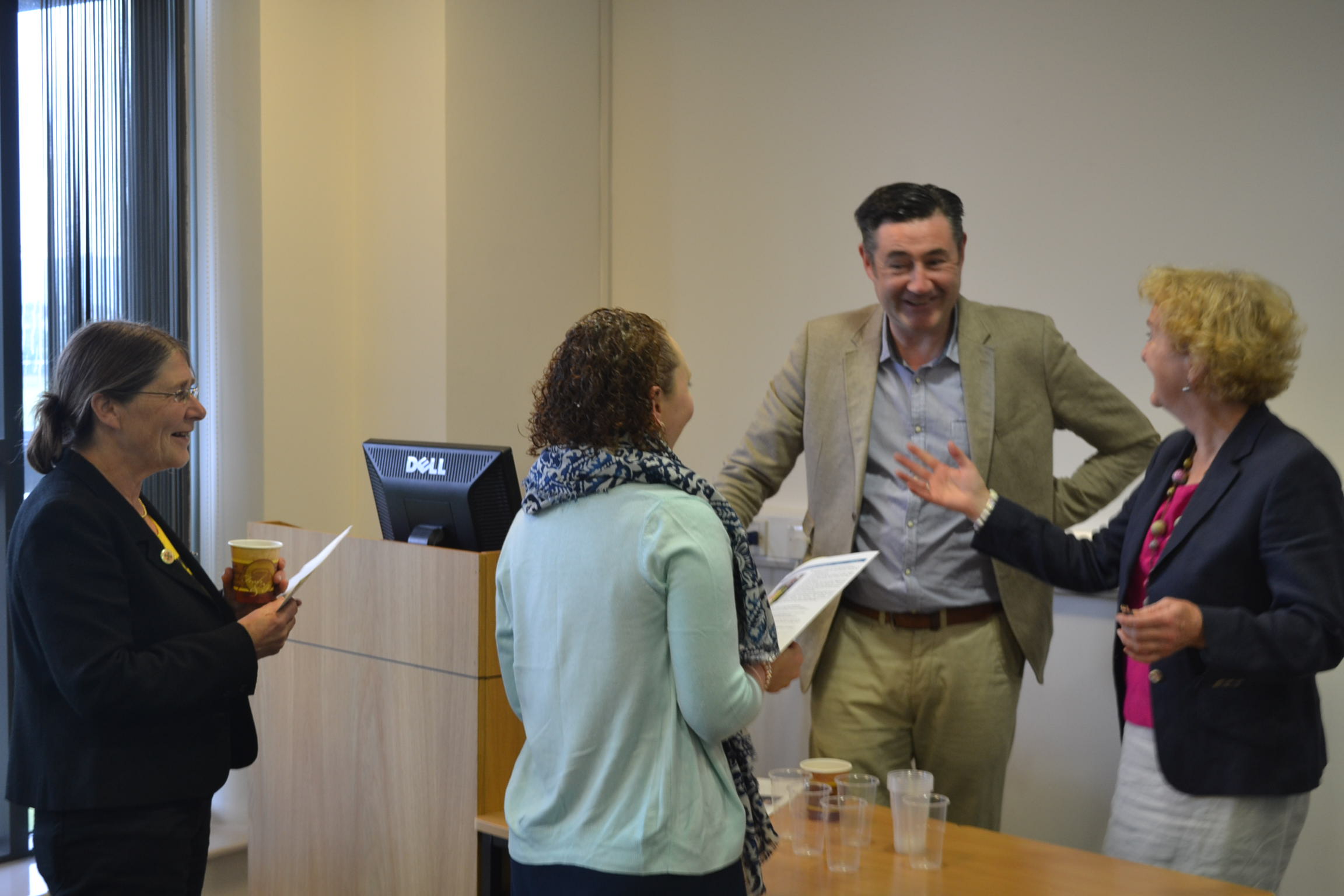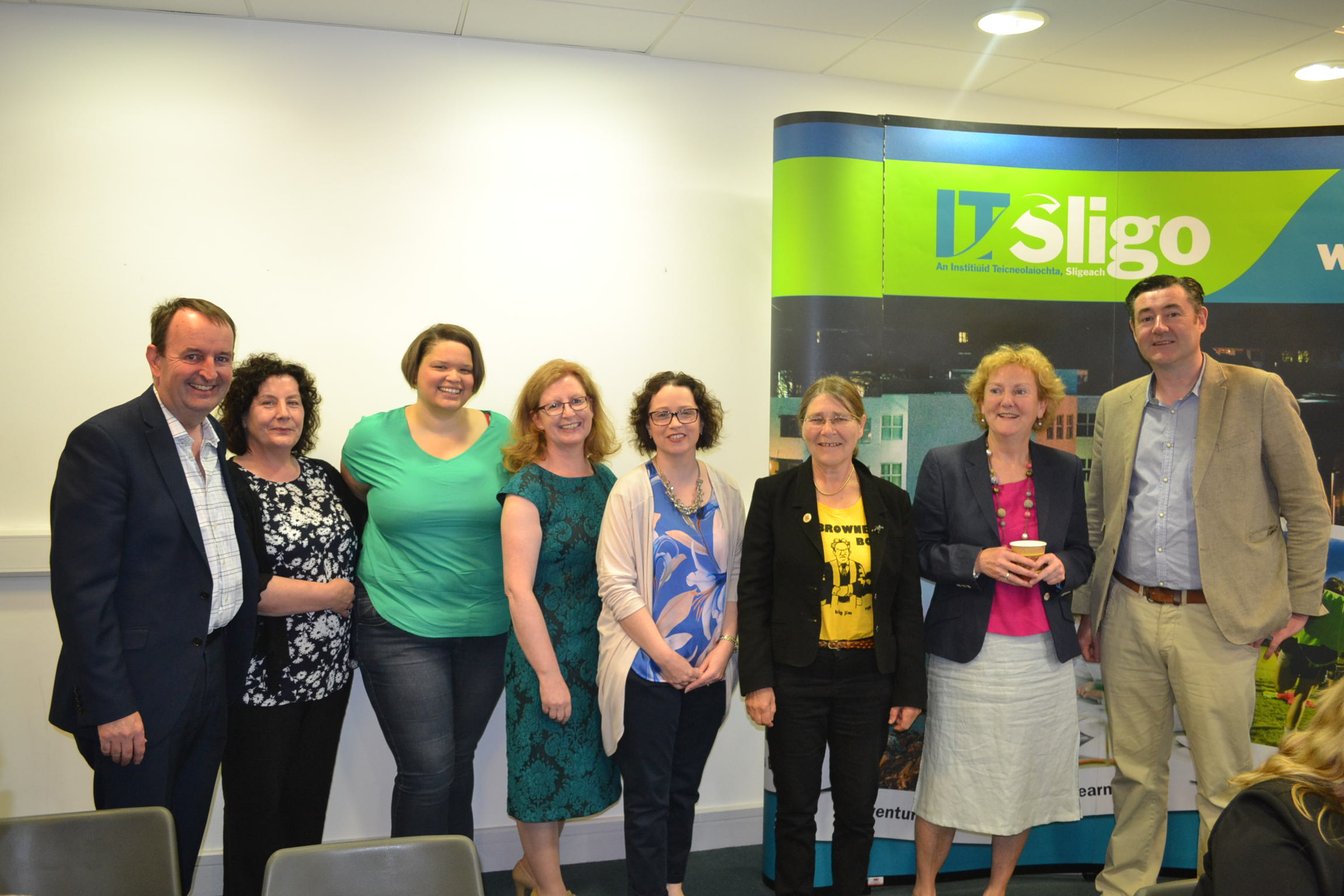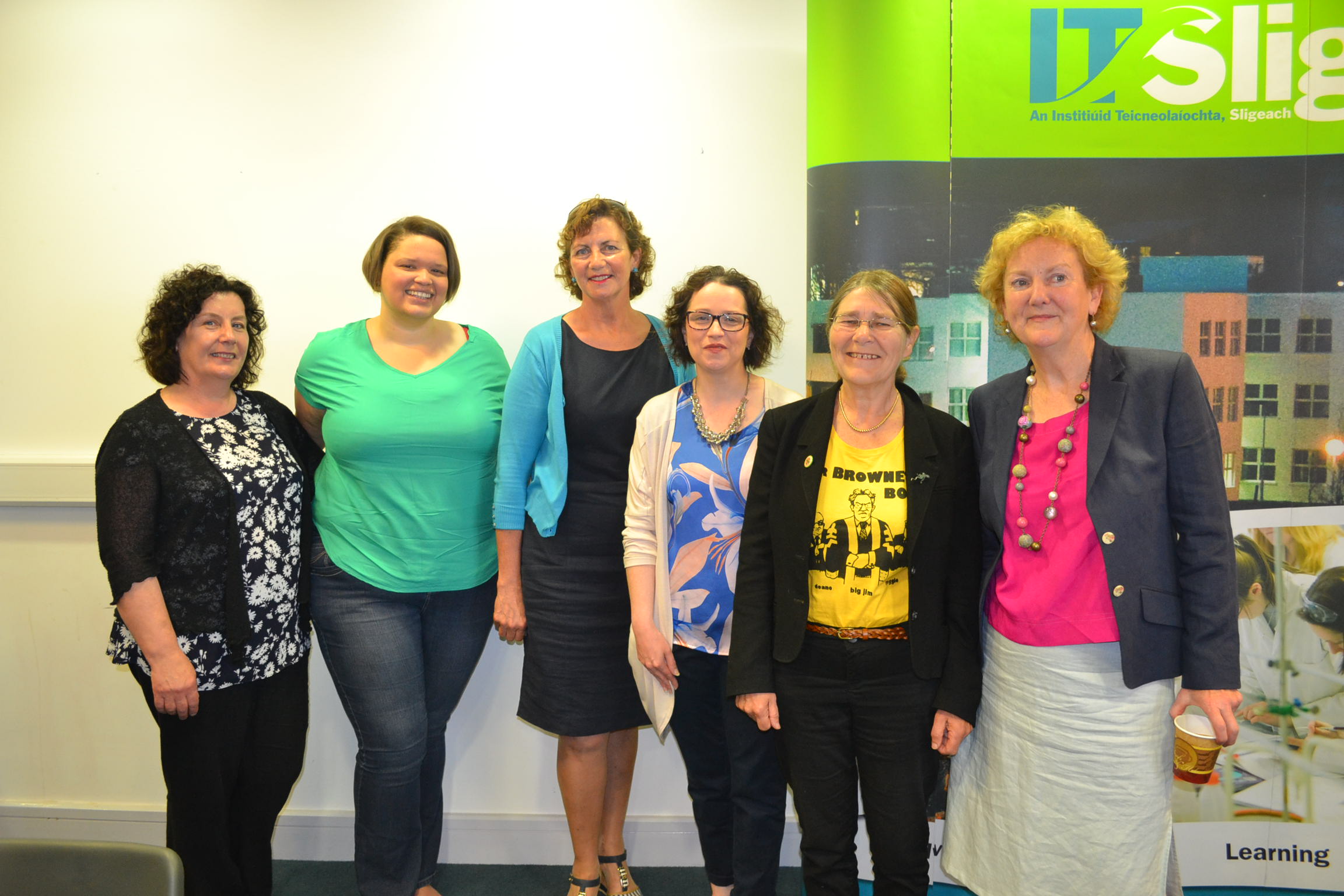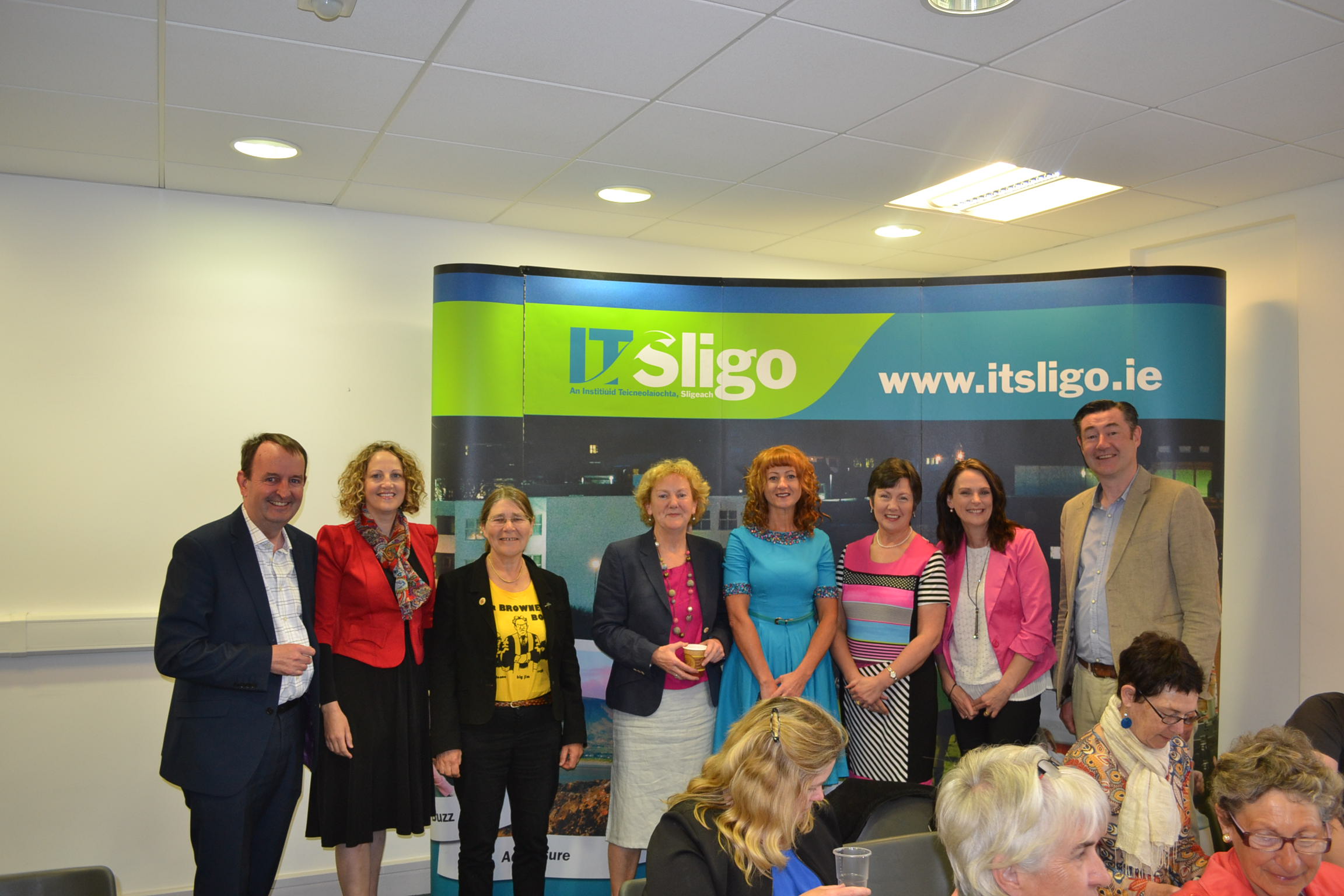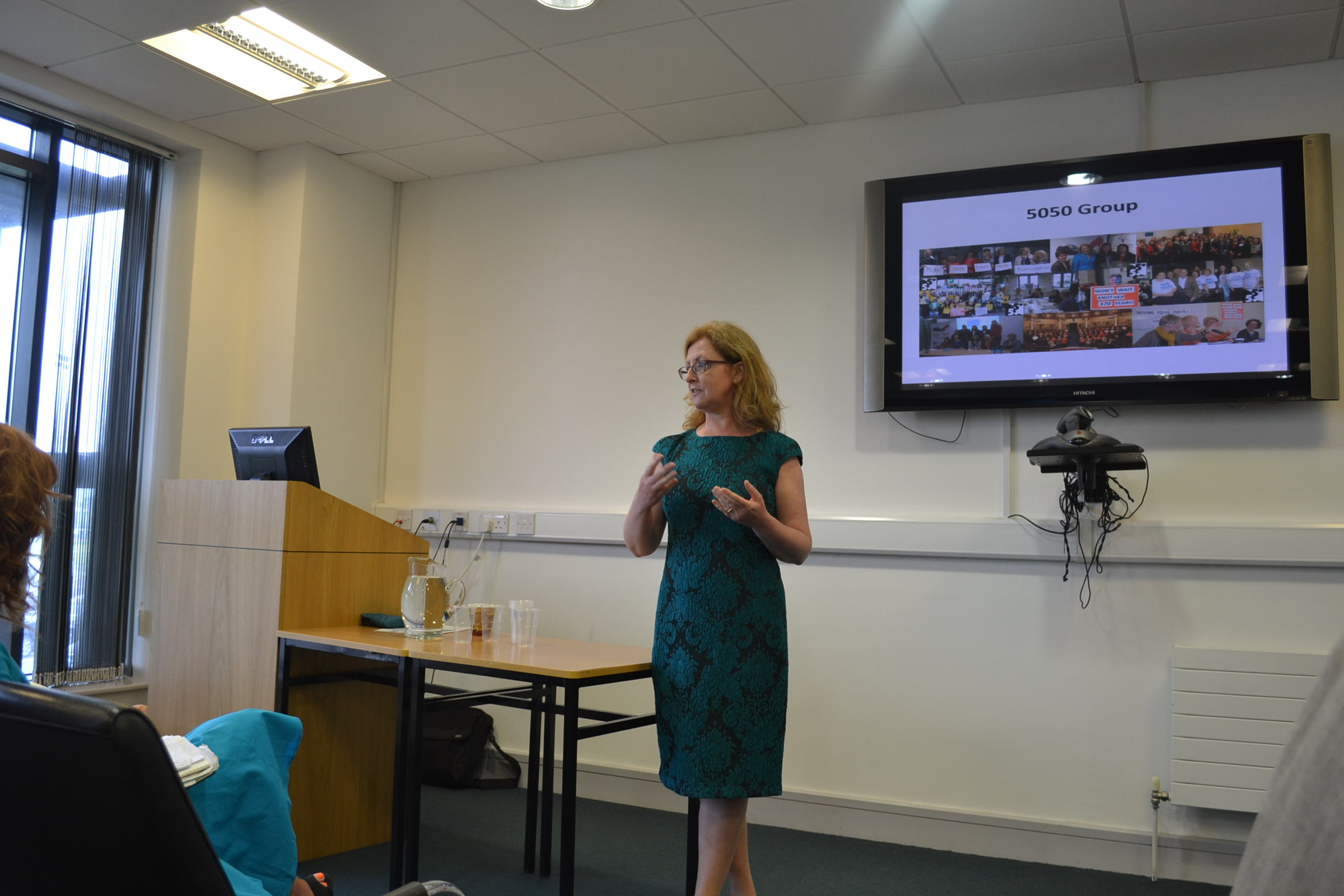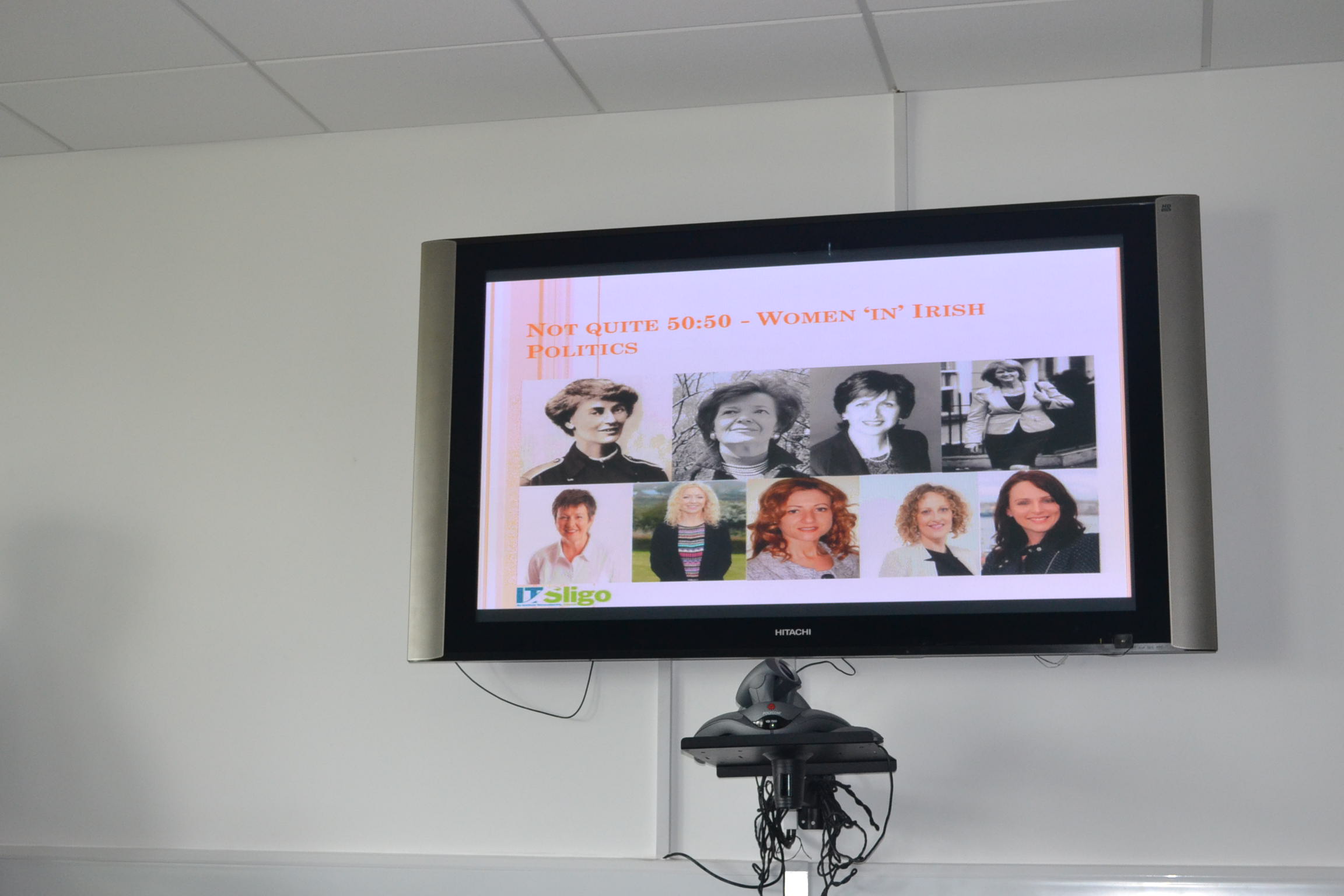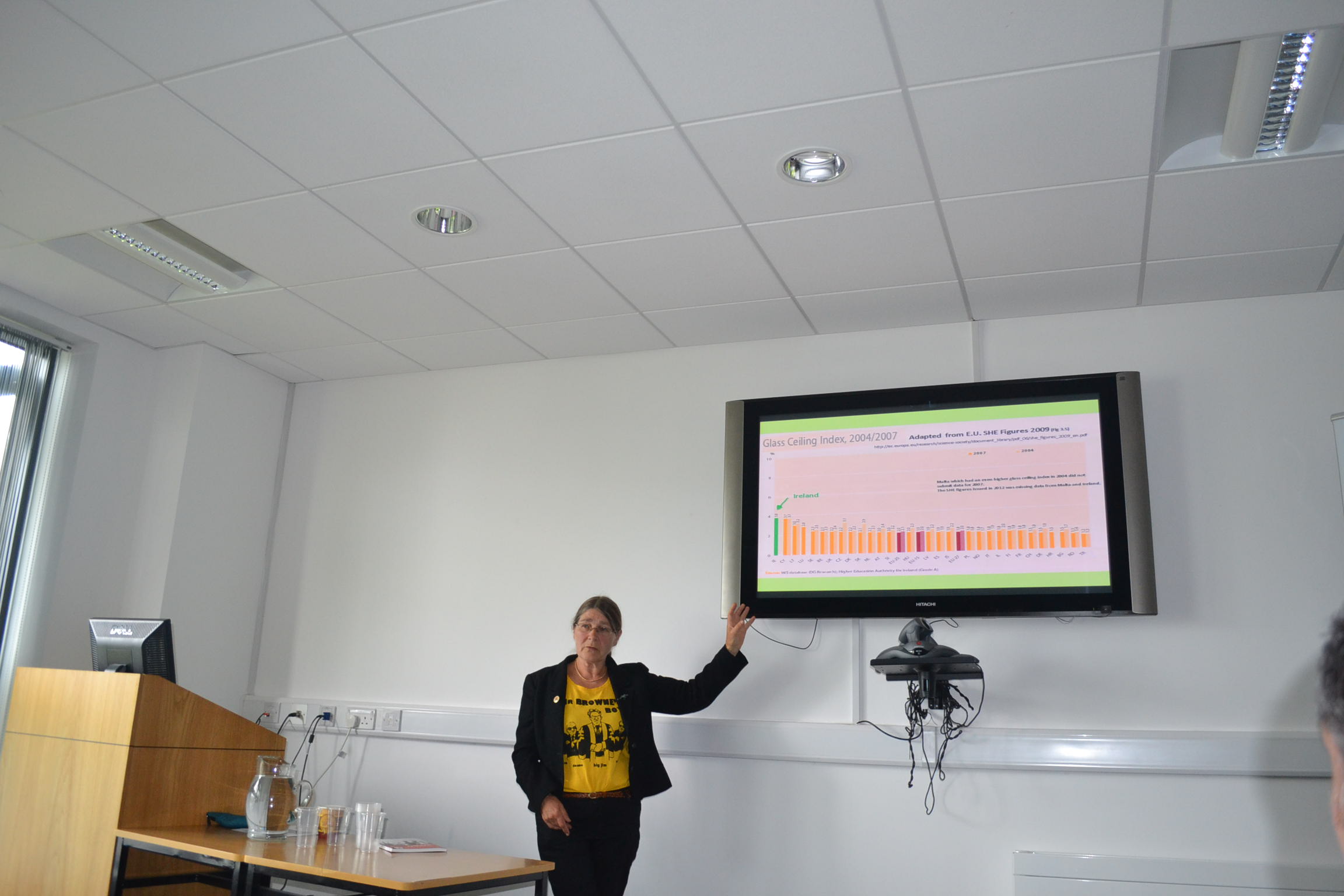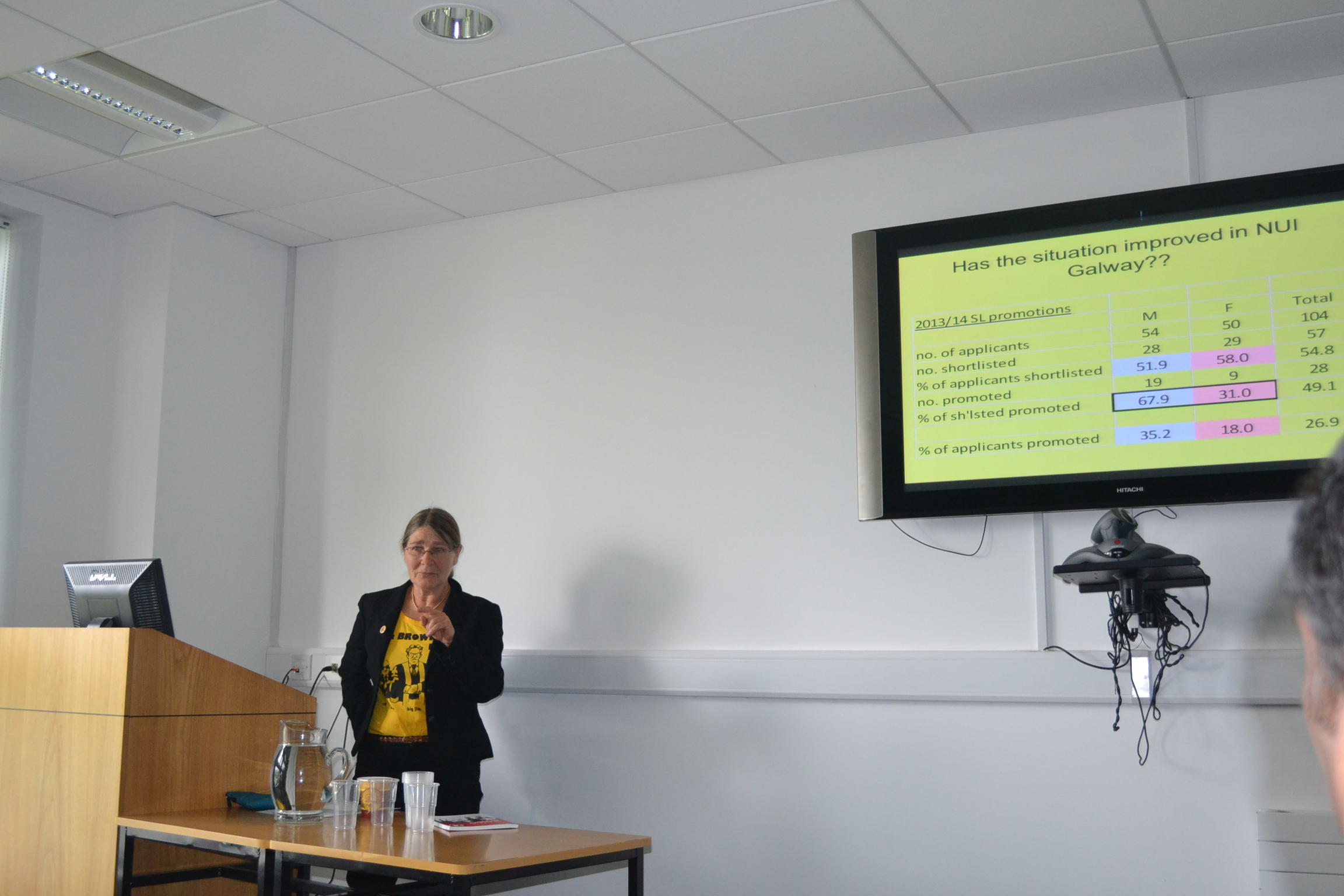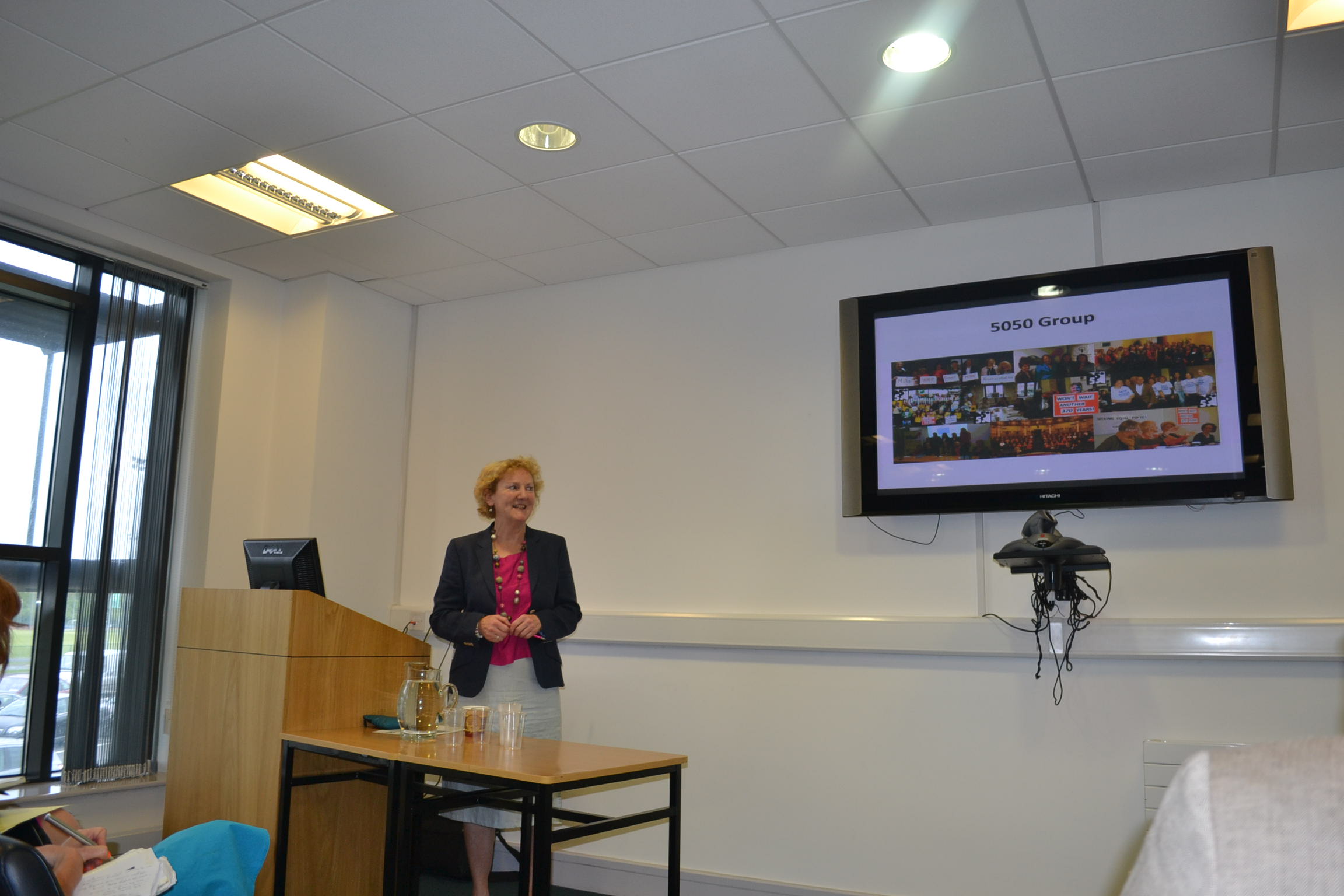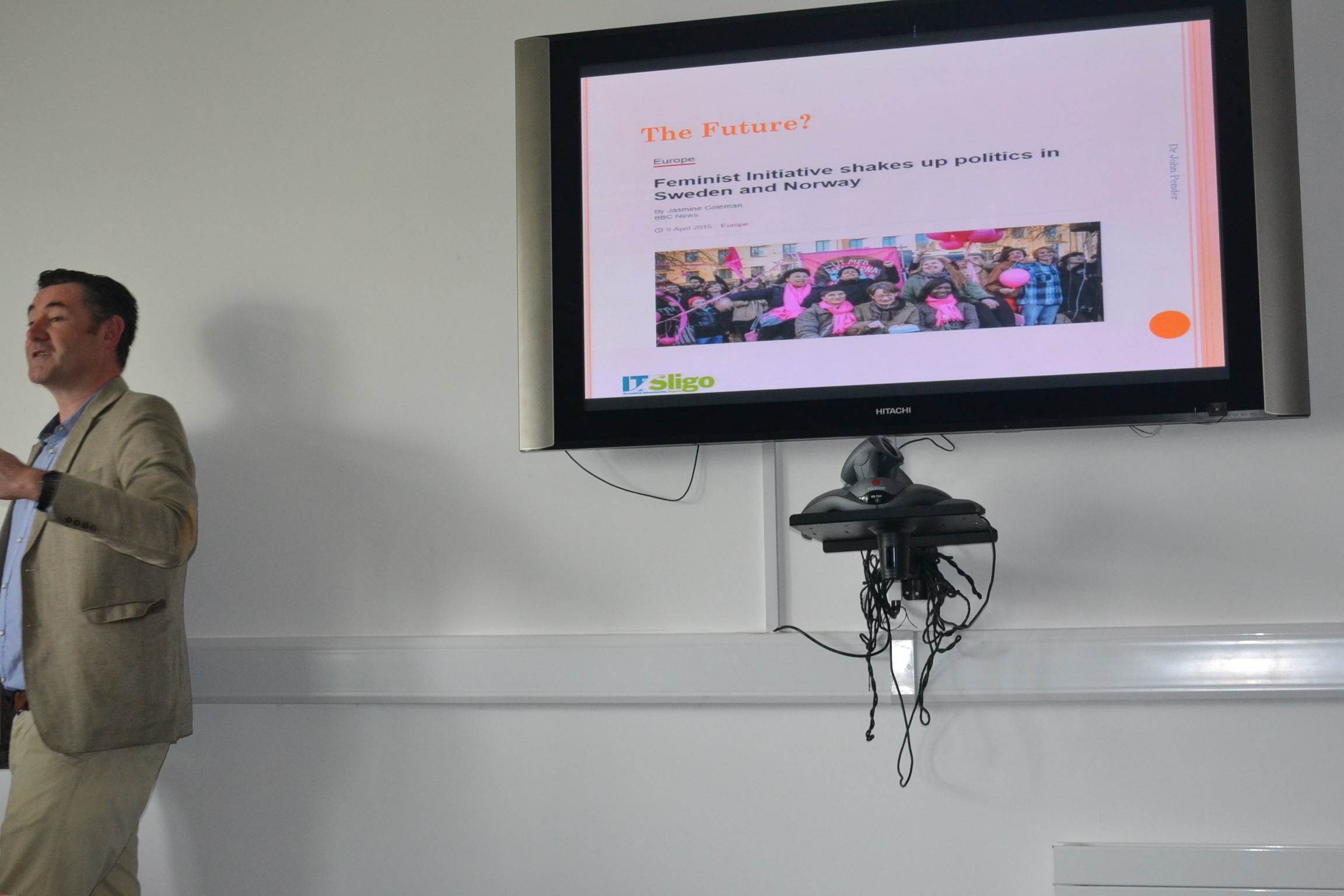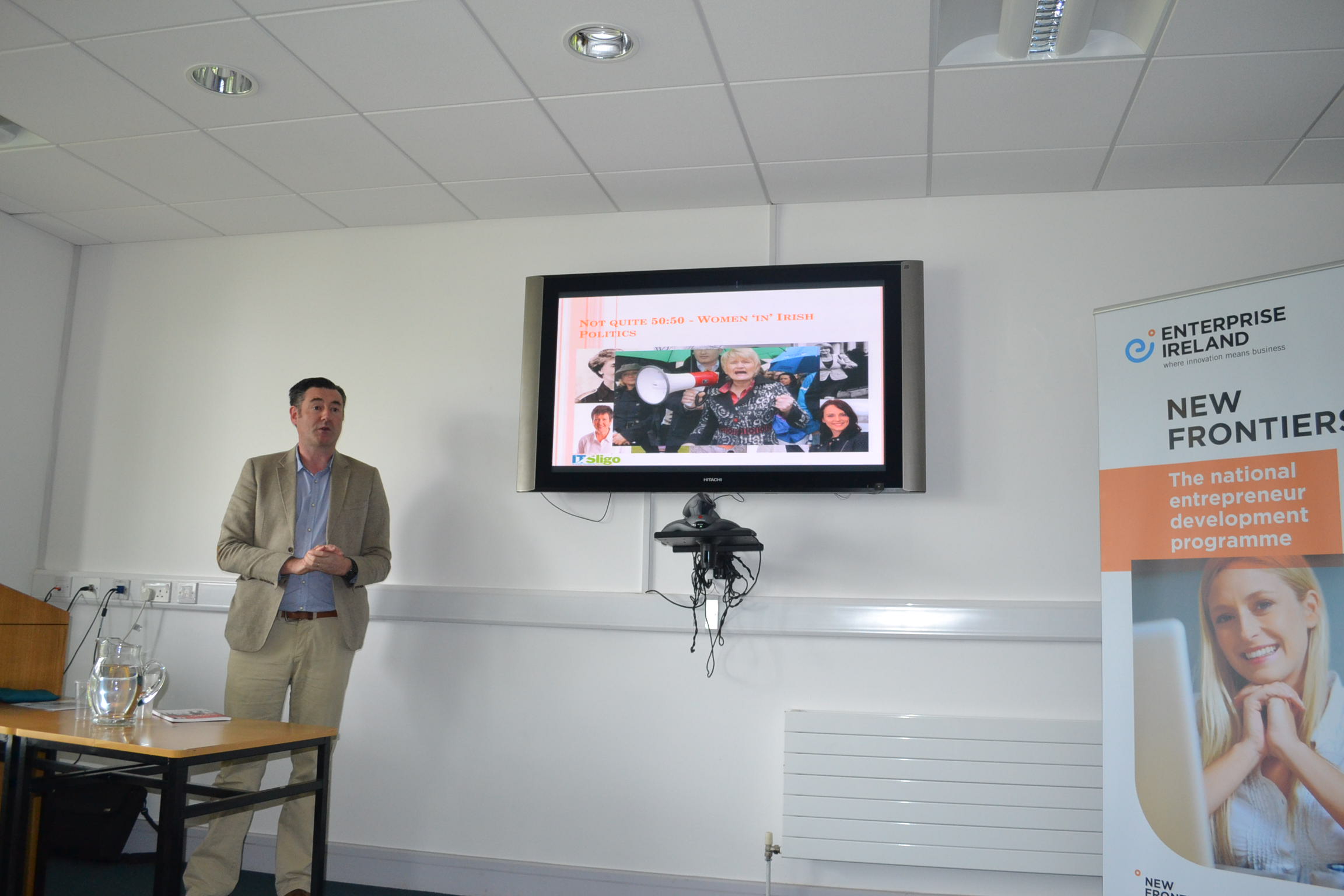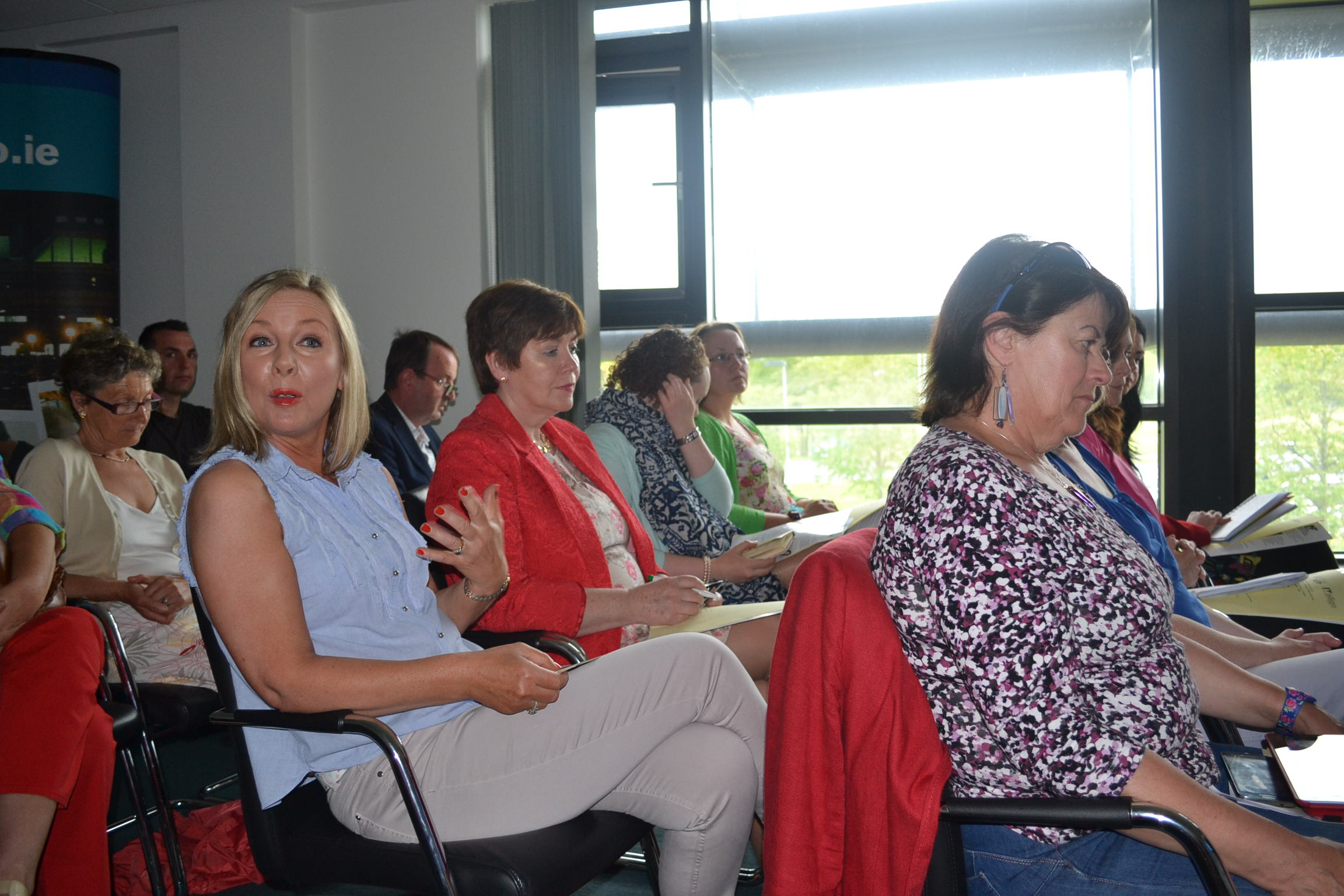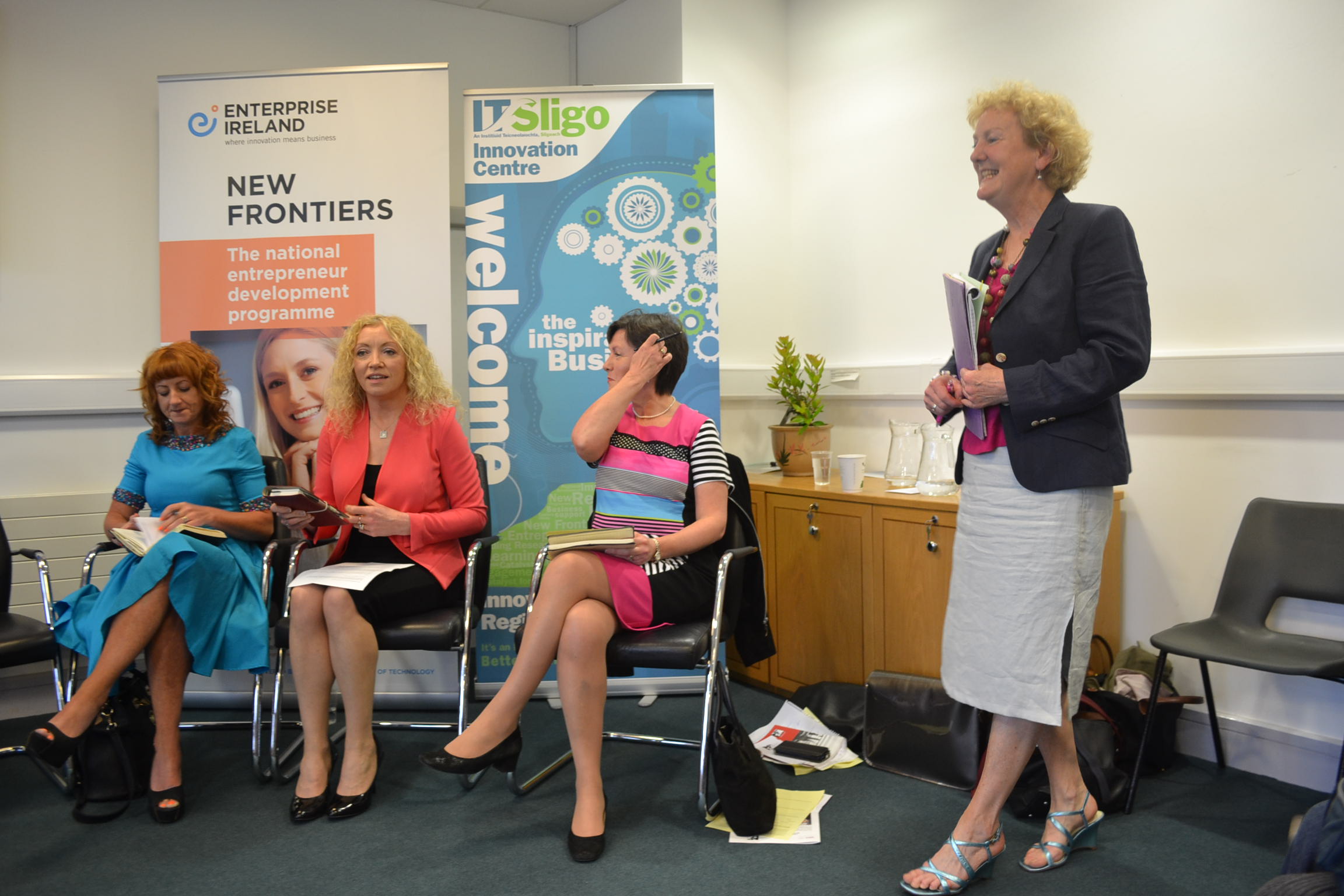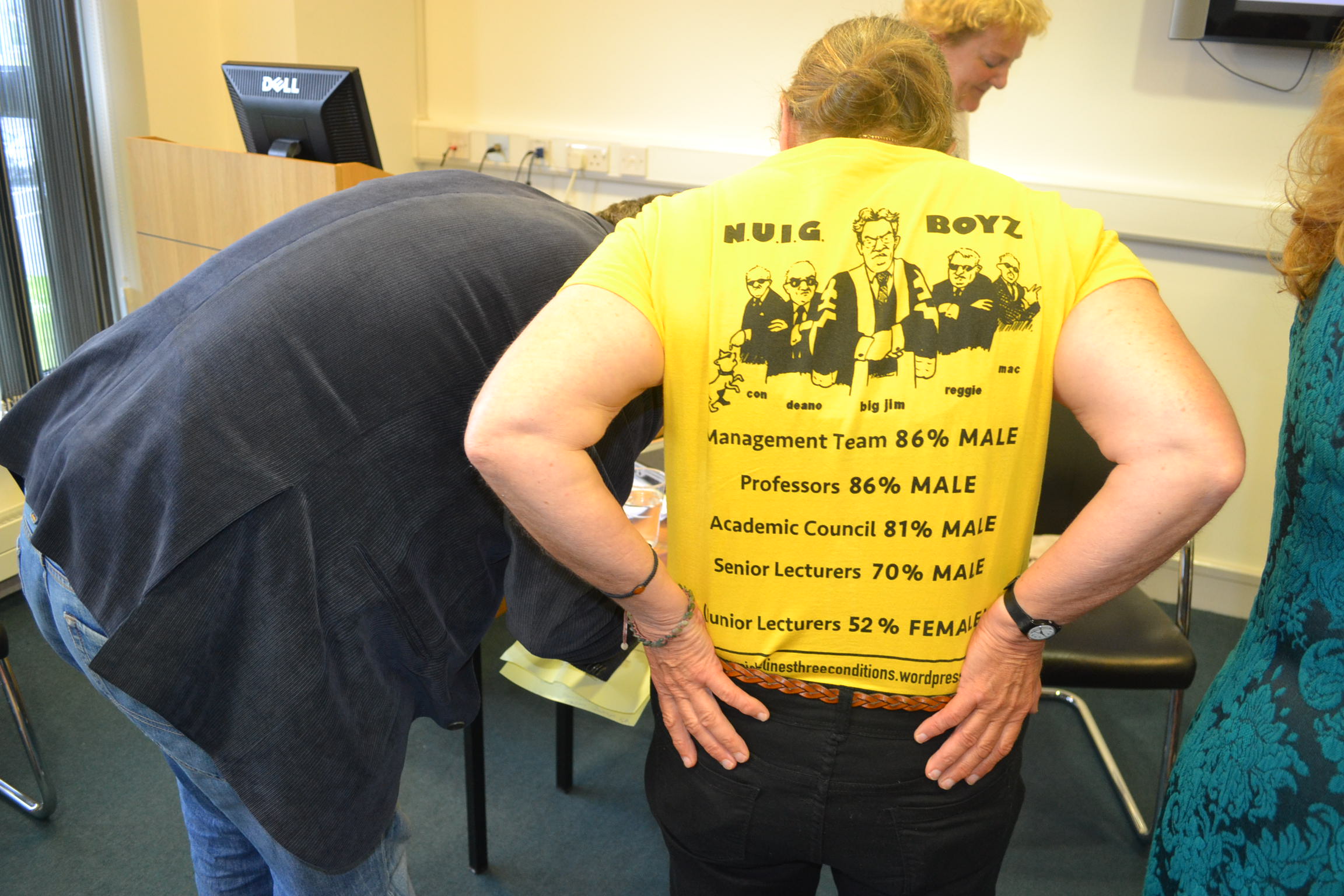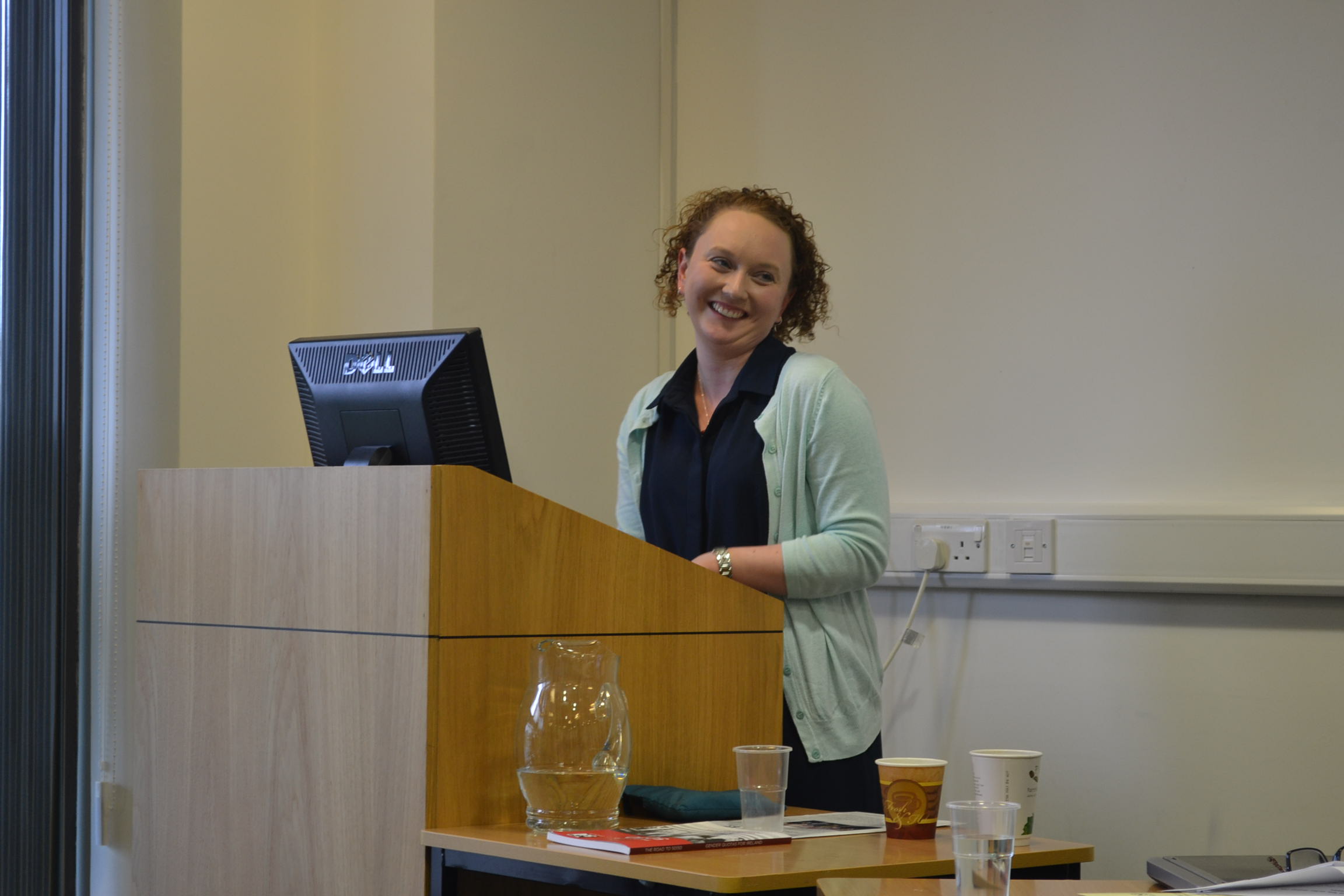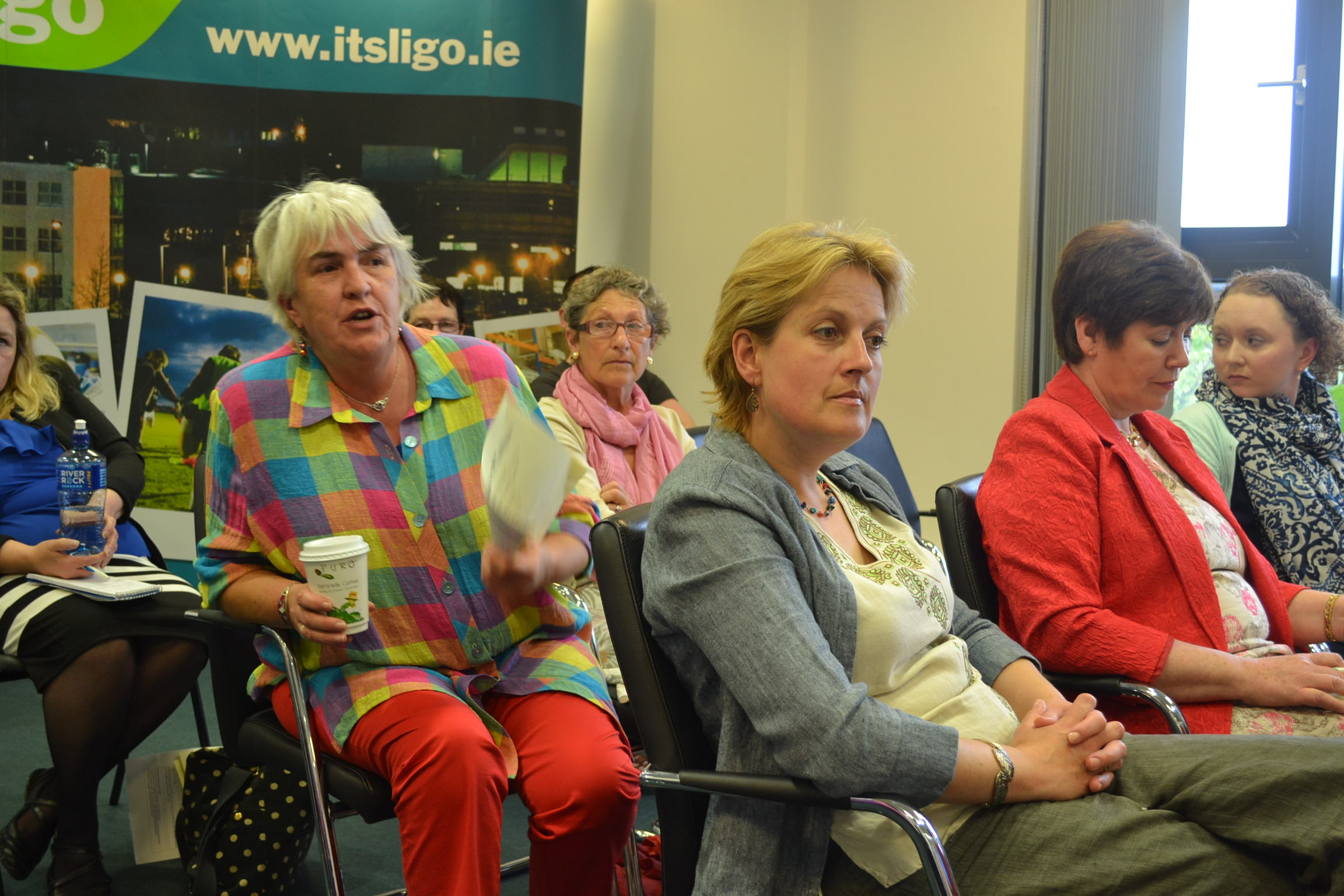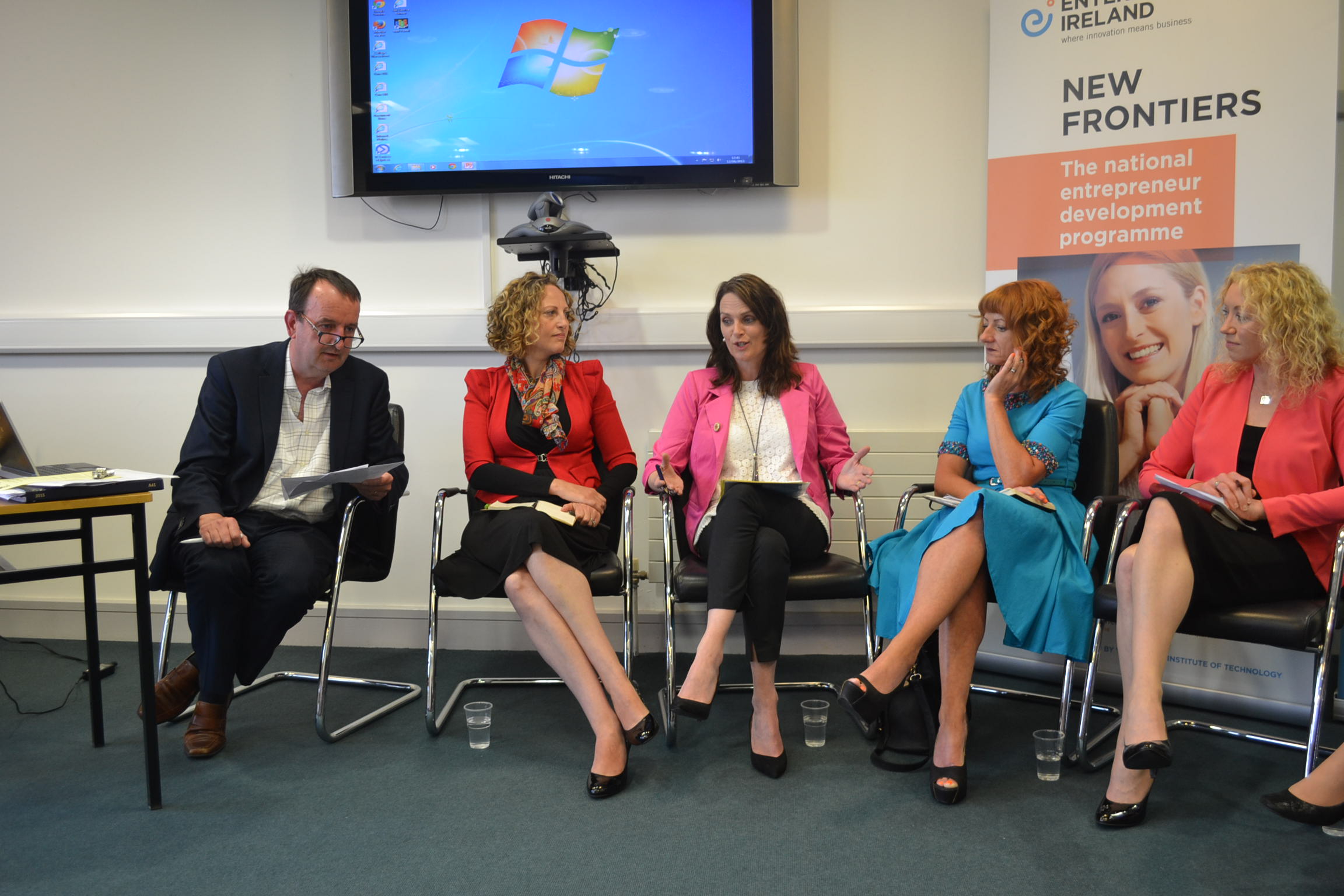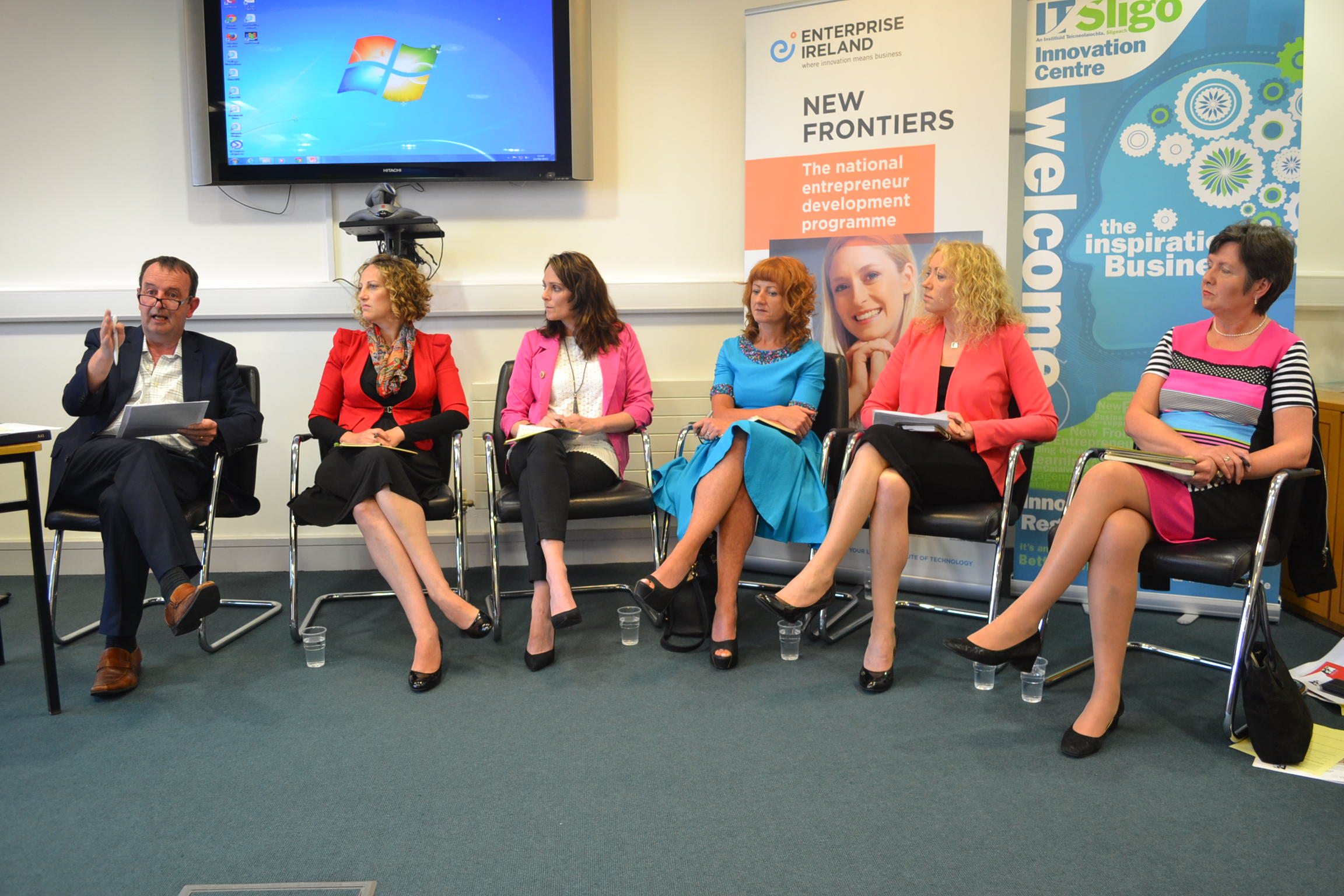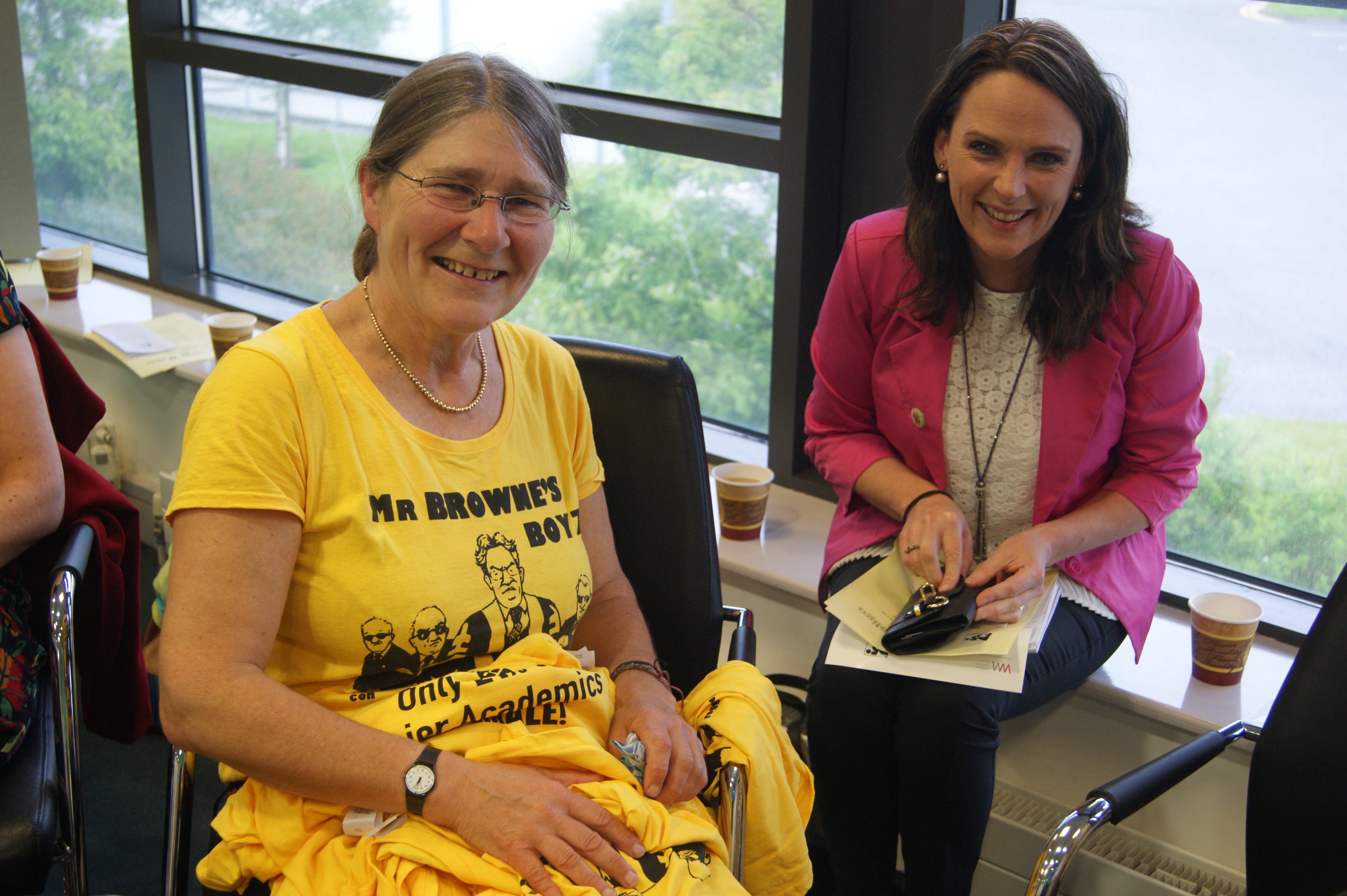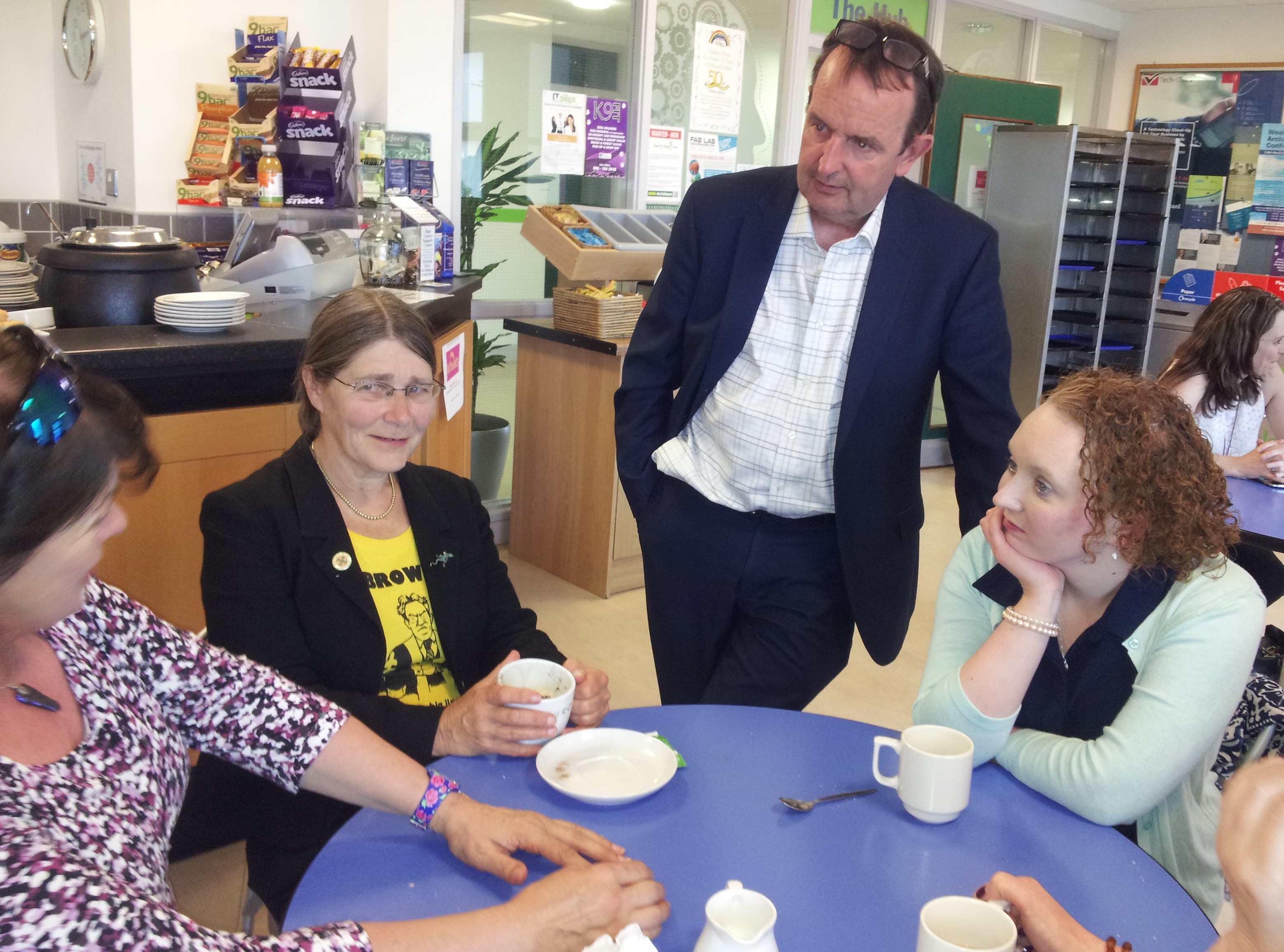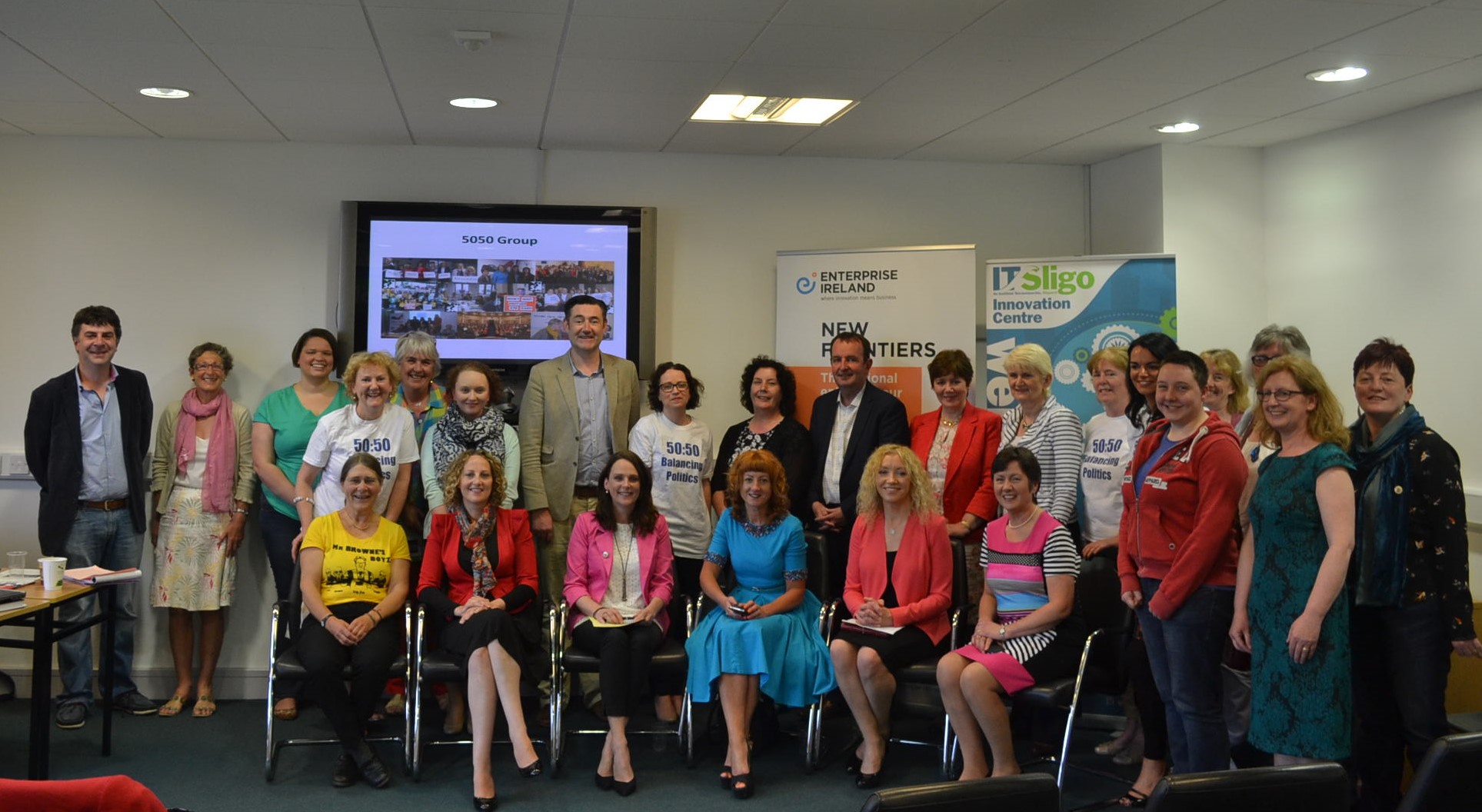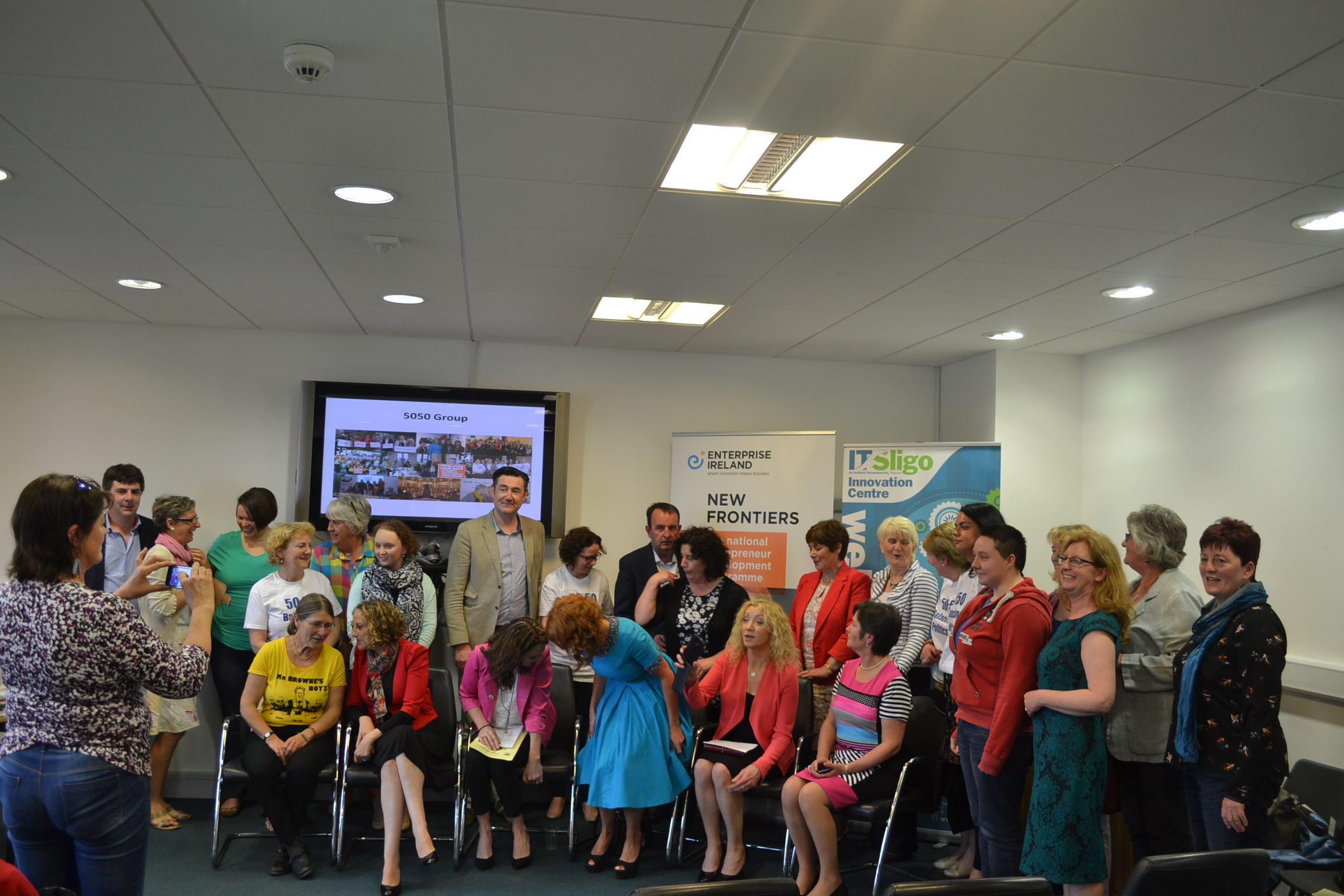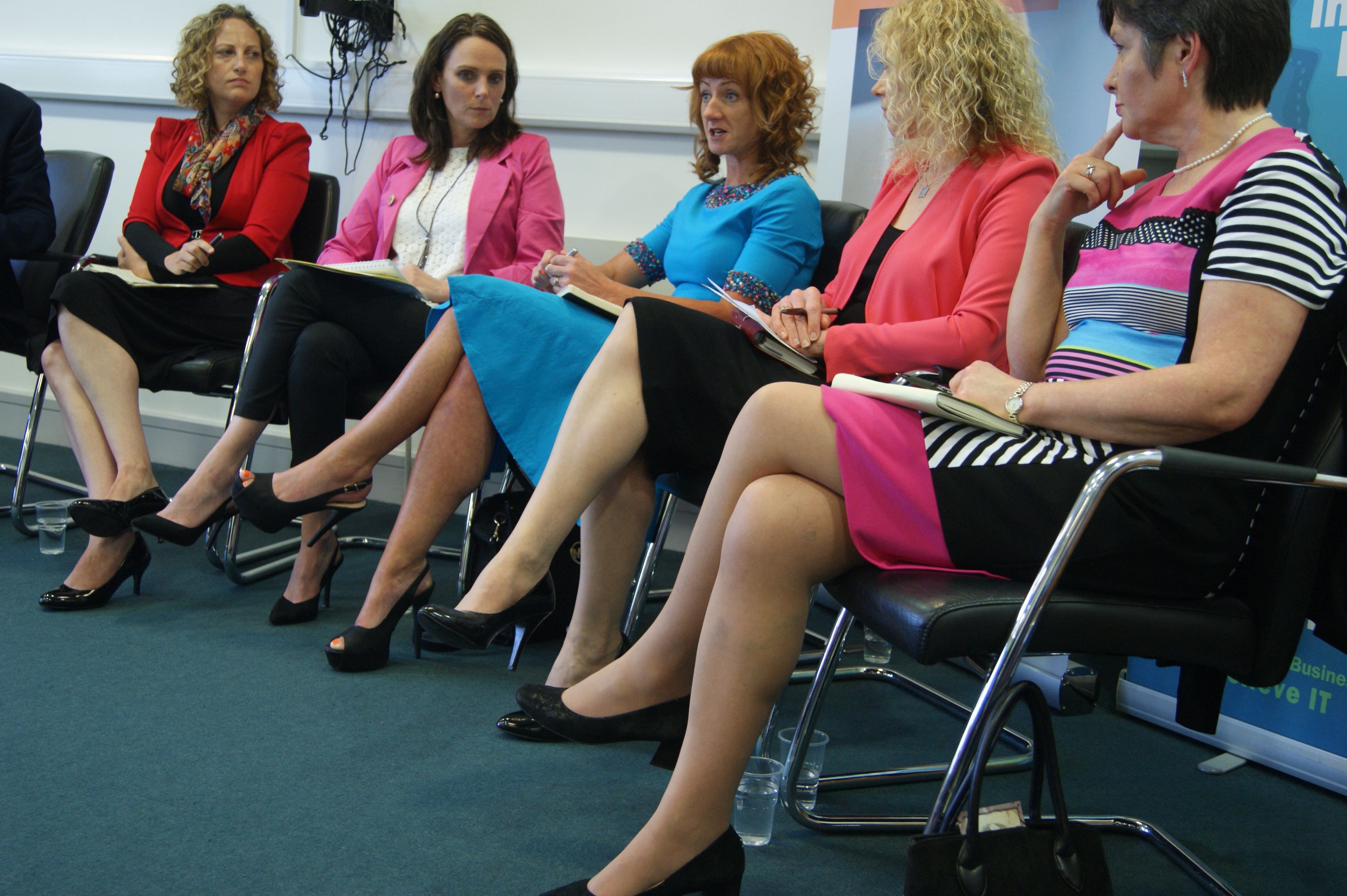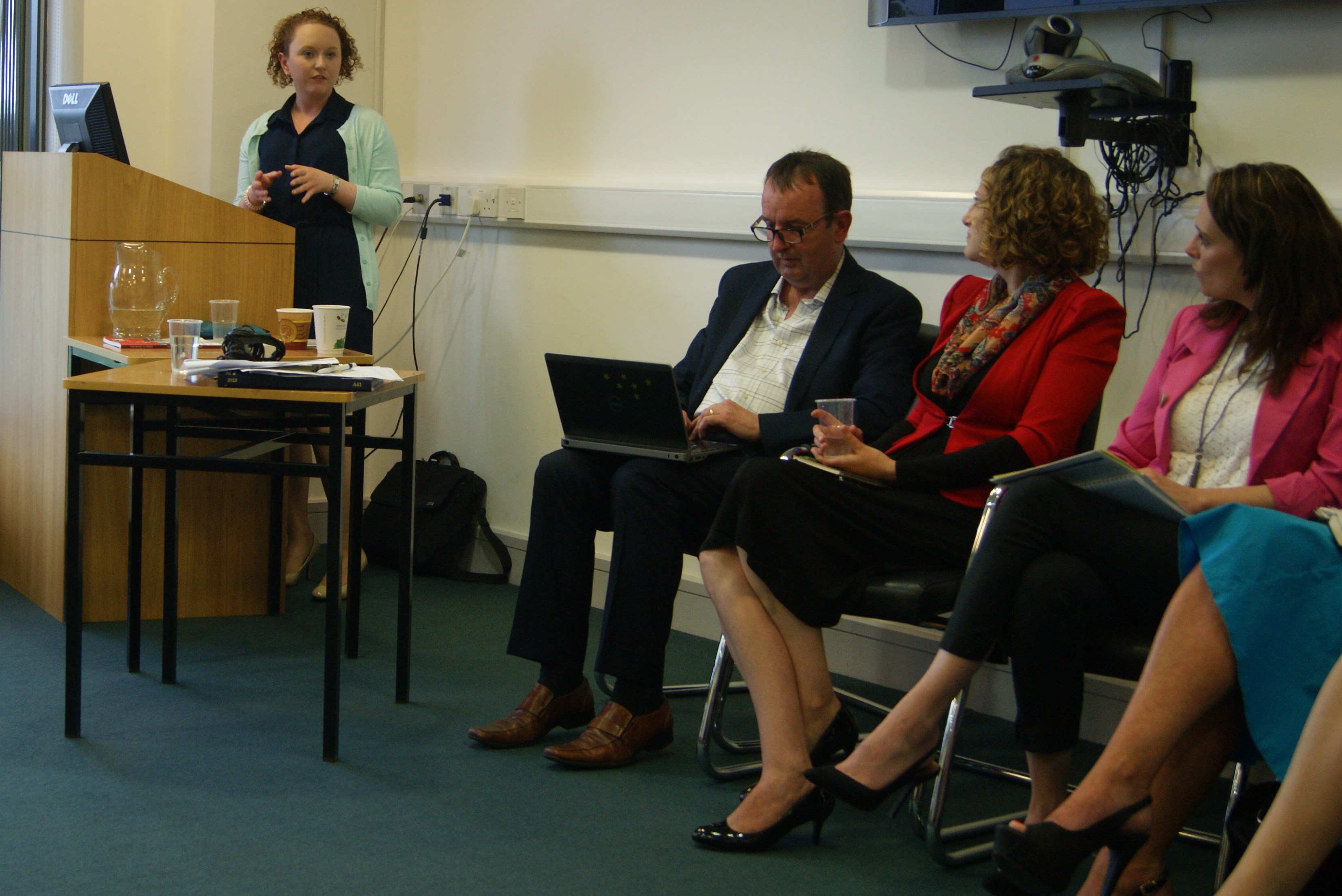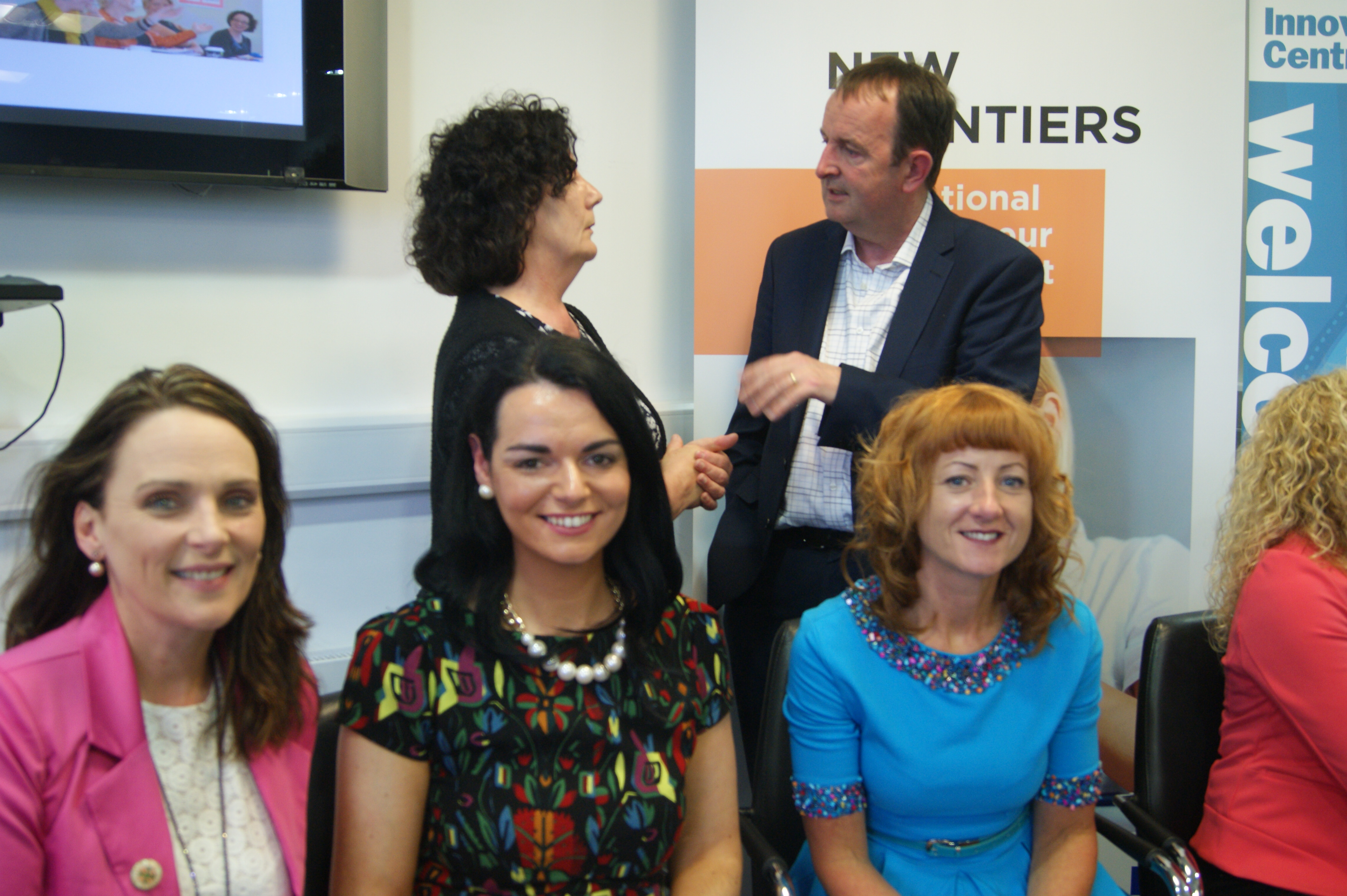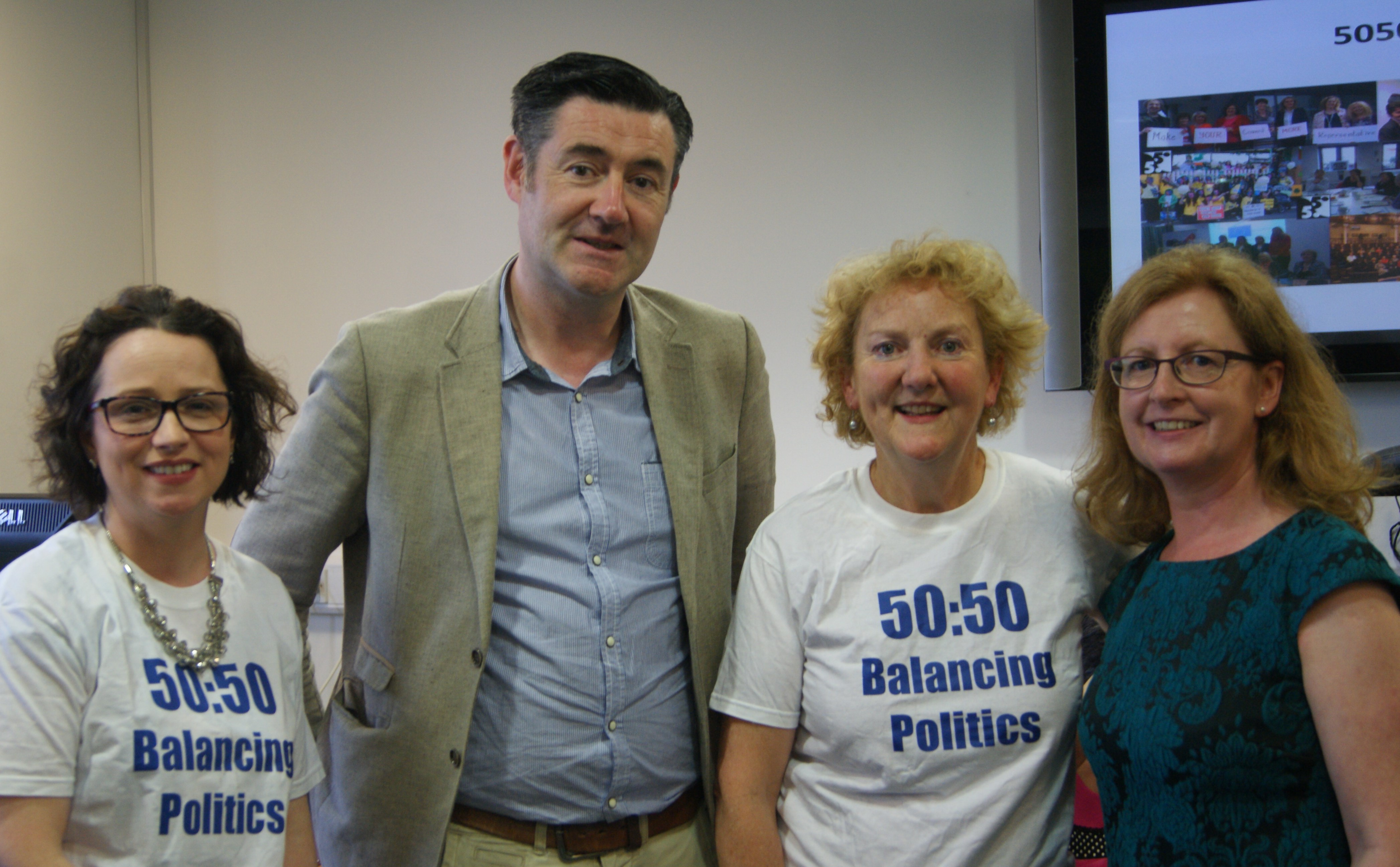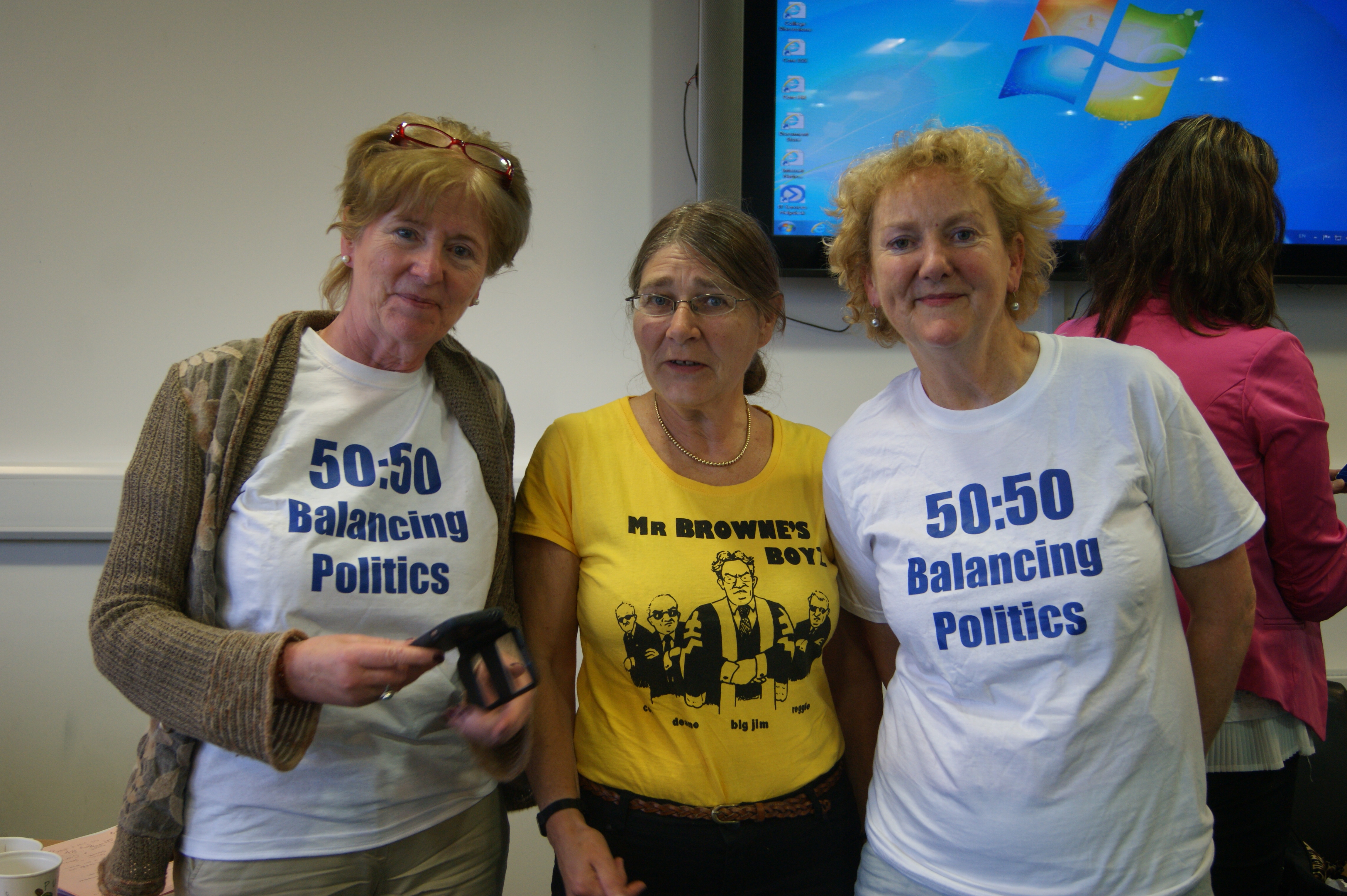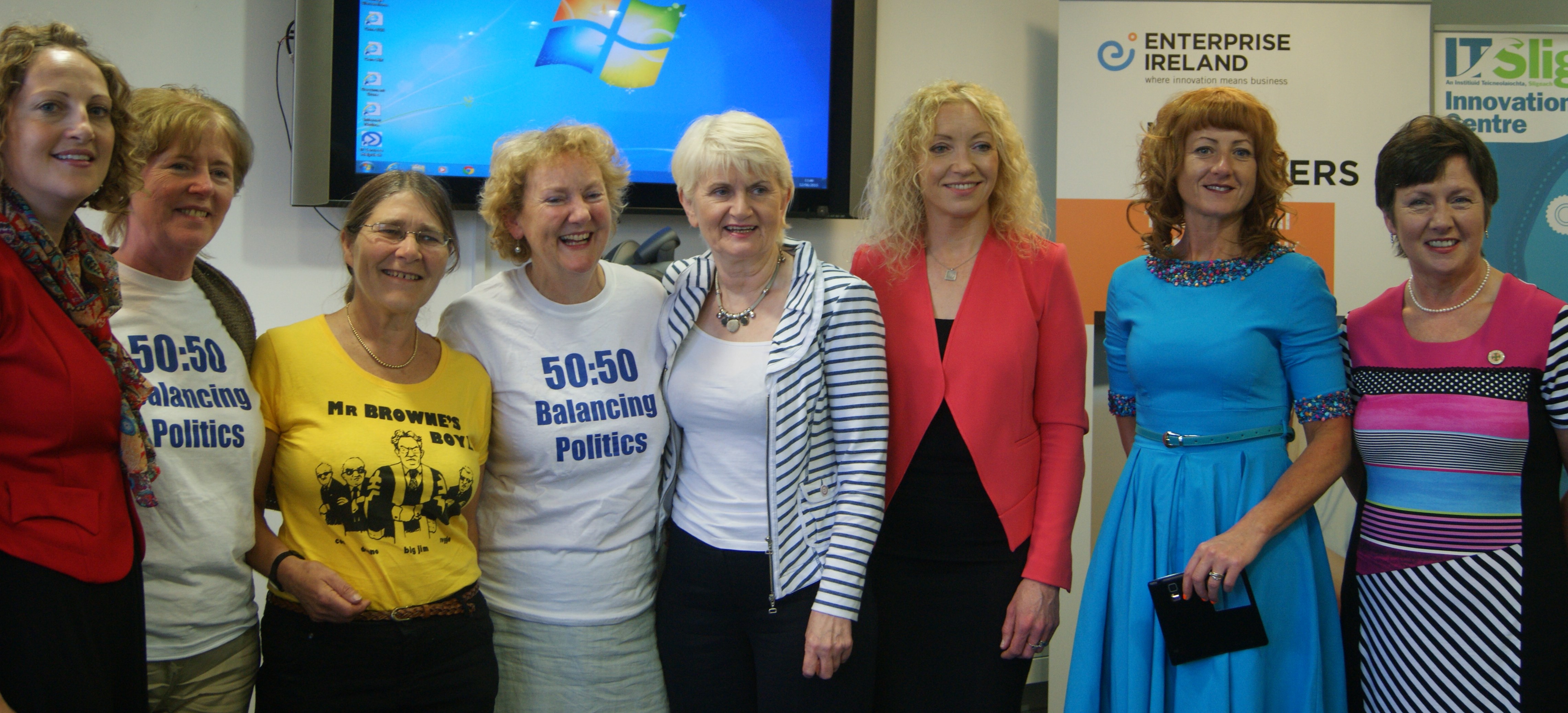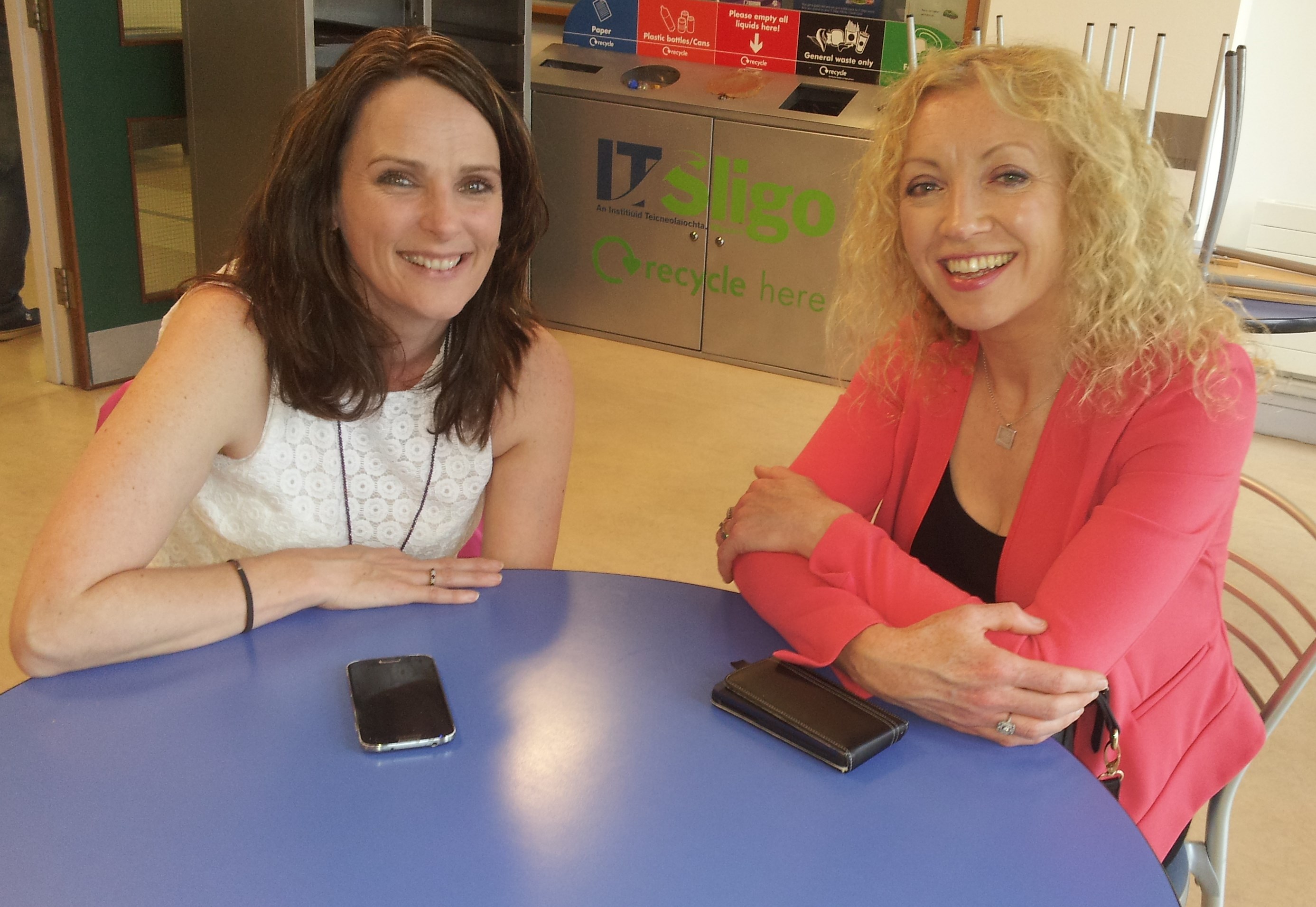I have watched the first two episodes of the TV programme ‘The State’ on Channel 4 television. The violence and brutality I find hard to watch. However I have persevered and what intrigues me is why emancipated women would choose to become subservient to their man?
The history of female emancipation in western culture has continued for over 200 years. The beginnings of that struggle has been dated from the publication of Mary Wollstonecroft’s ‘A Vindication of the Rights of Woman’ in 1792. This was a reaction to the legal reality that a single women had little protection under the law, and married women lost their legal identity upon marriage. Women couldn’t retain a lawyer, sign a contract, inherit property, vote, or have rights over their children.
“The husband and wife are one person in law; that is, the very being or legal existence of the woman is suspended during the marriage or at least is incorporated and consolidated into that of the husband: under whose wing, protection and cover, she performs every thing.” This was written by Oxford law professor William Blackstone in his influential Commentaries on the Laws of England in 1758.
In Ireland the beginnings of the right to vote for some women started in 1898.
‘The story of women’s participation in local government dates back to the late nineteenth century and the passage of the Local Government (Ireland) Act, 1898. Under this Act, women were granted the right to vote and stand in election for the first time. As Crossman (1994) notes in her book Local Government in Nineteenth-Century Ireland, local government was the scene for some early successes by the Irish suffragist movement, with the first elections in 1899 returning thirty-one women district councillors and eighty-five women as poor law guardians’. Crossman, V. (1994). Local government in nineteenth-century Ireland. Belfast: Institute of Irish Studies.
Whilst some women (and men) have had the right to vote in local elections in Ireland since that time, power in Irish elected politics has remained to a major extent the domain of men. The 5050 group has campaigned, through the use of candidate quotas, to redress that gender imbalance. In the main I have not encountered the attitude that women are inferior to men. However having watched this TV programme I am wondering what motivates an emancipated women to seek to become subservient to their men? Perhaps I am being naive about the push back that occurs, with some women seeking to reverse, what is considered to be a human right for all women?

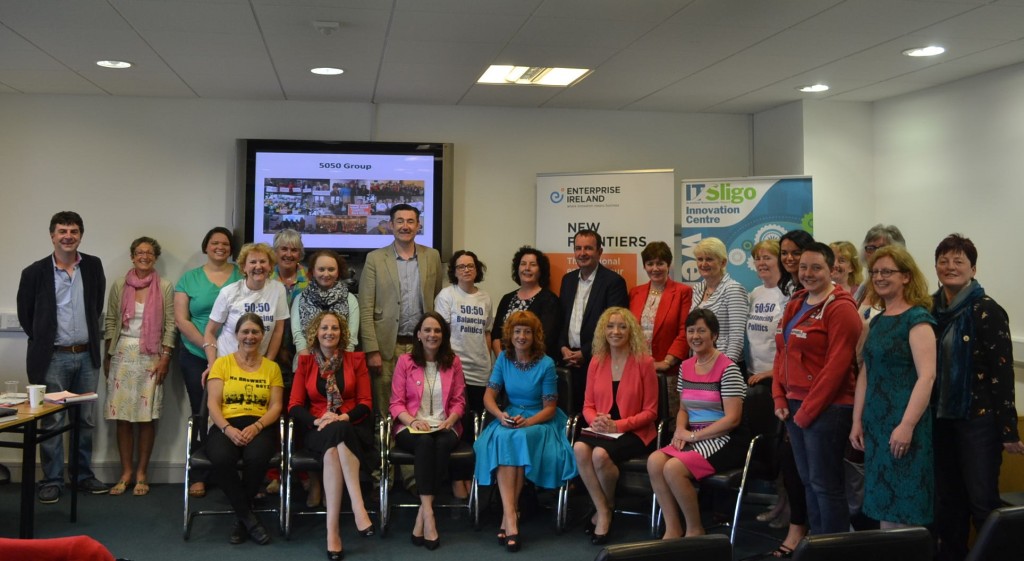 In the elections of 1918 Hannah Sheehy Skeffington, a leading feminist suffragette, wanted to be selected as a candidate. However, she was only offered a seat she had no chance of winning so rejected it. Over 90 years later similar concerns were being discussed at a women and politics seminar in Sligo.
In the elections of 1918 Hannah Sheehy Skeffington, a leading feminist suffragette, wanted to be selected as a candidate. However, she was only offered a seat she had no chance of winning so rejected it. Over 90 years later similar concerns were being discussed at a women and politics seminar in Sligo.